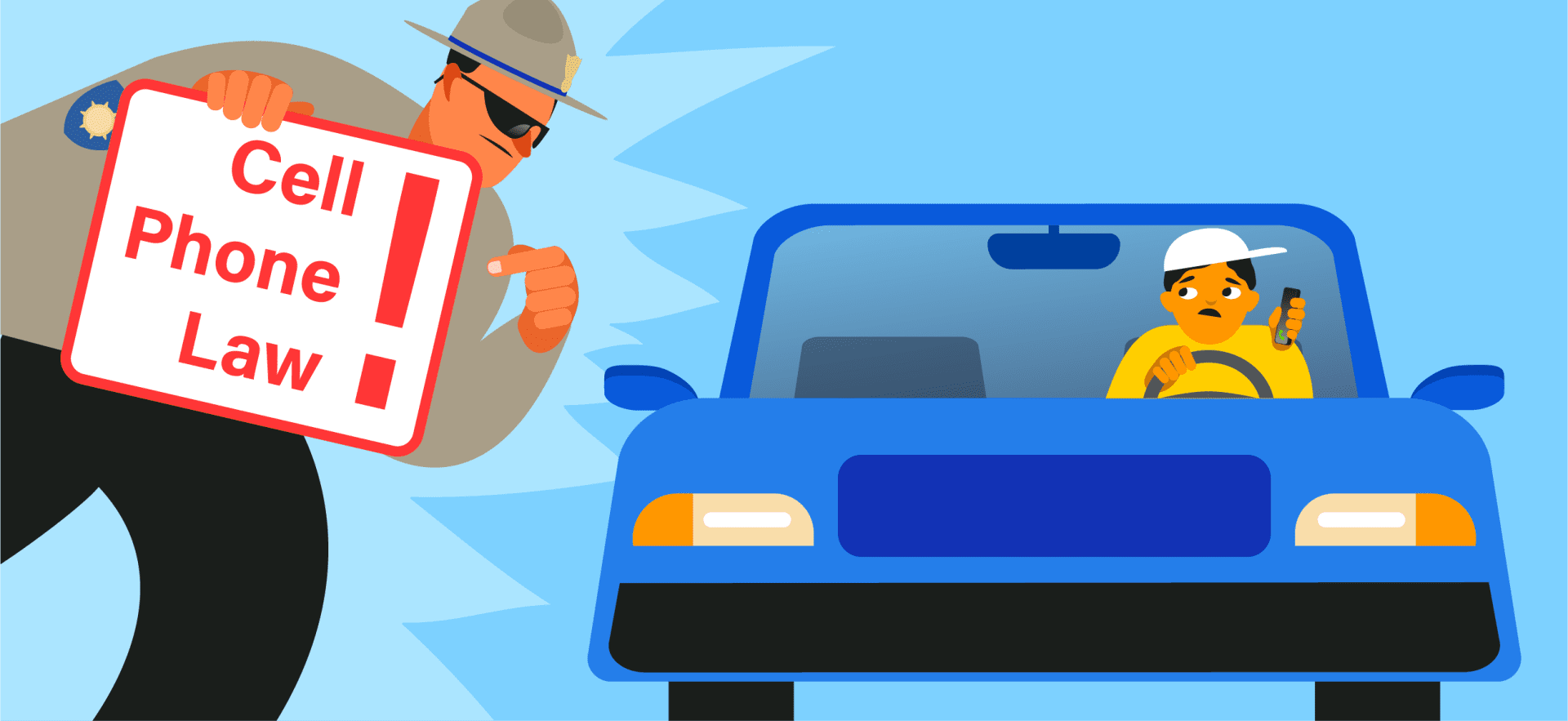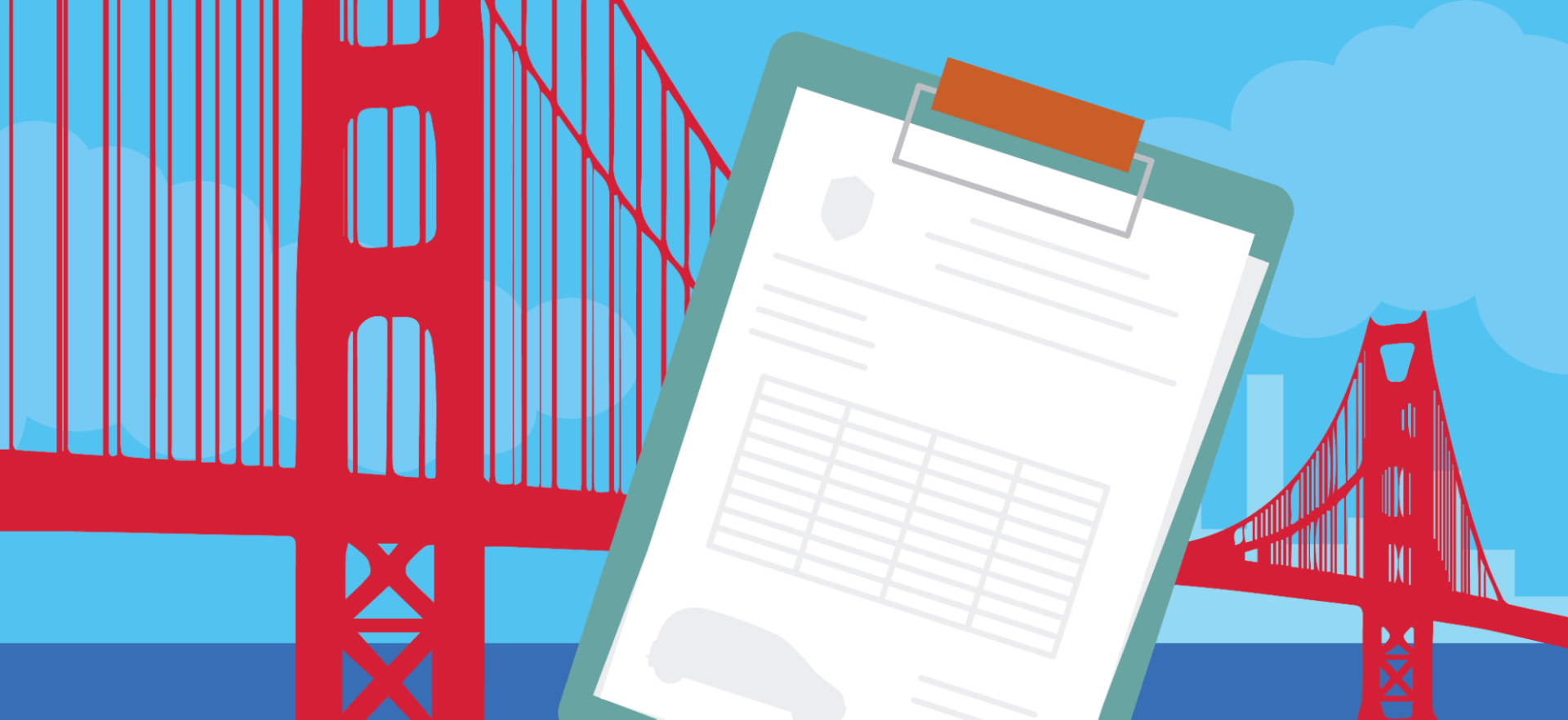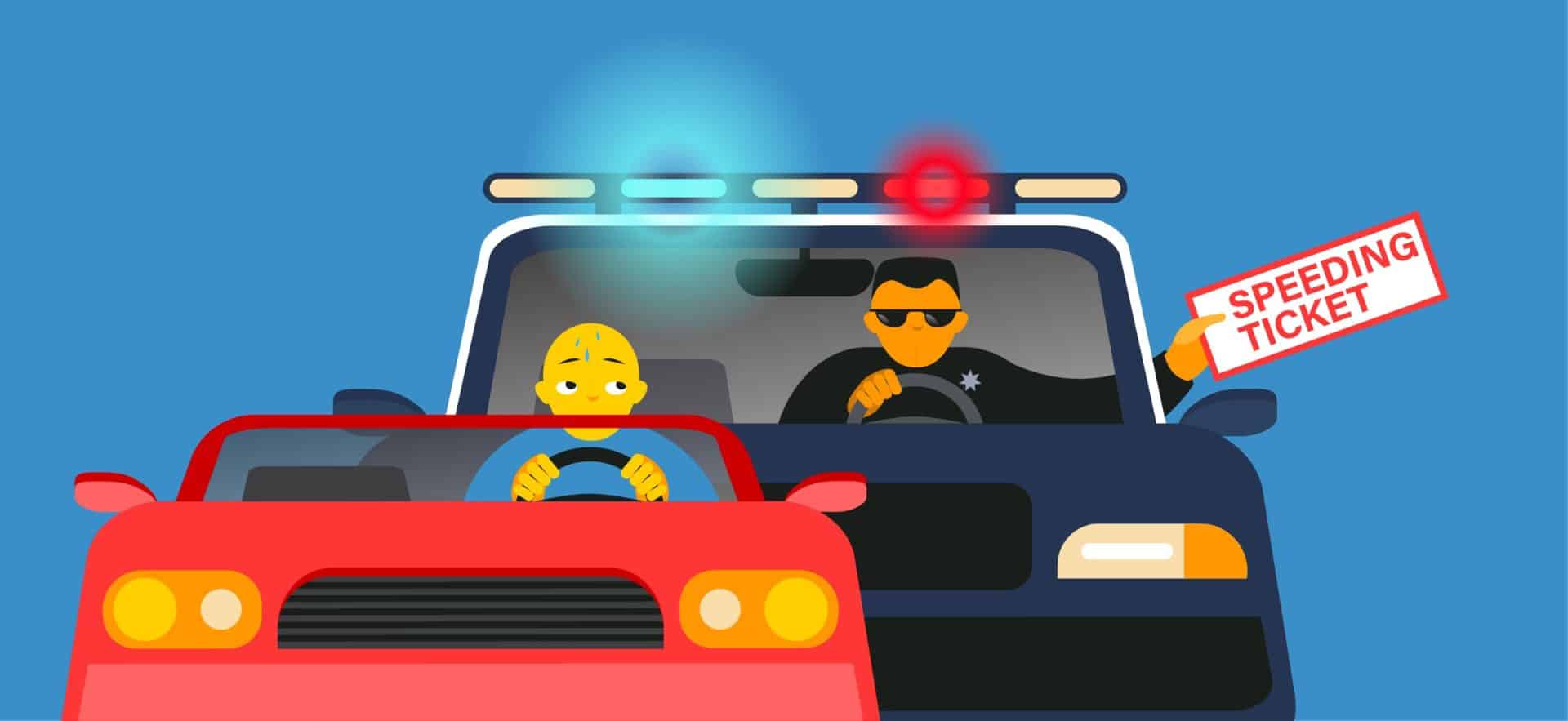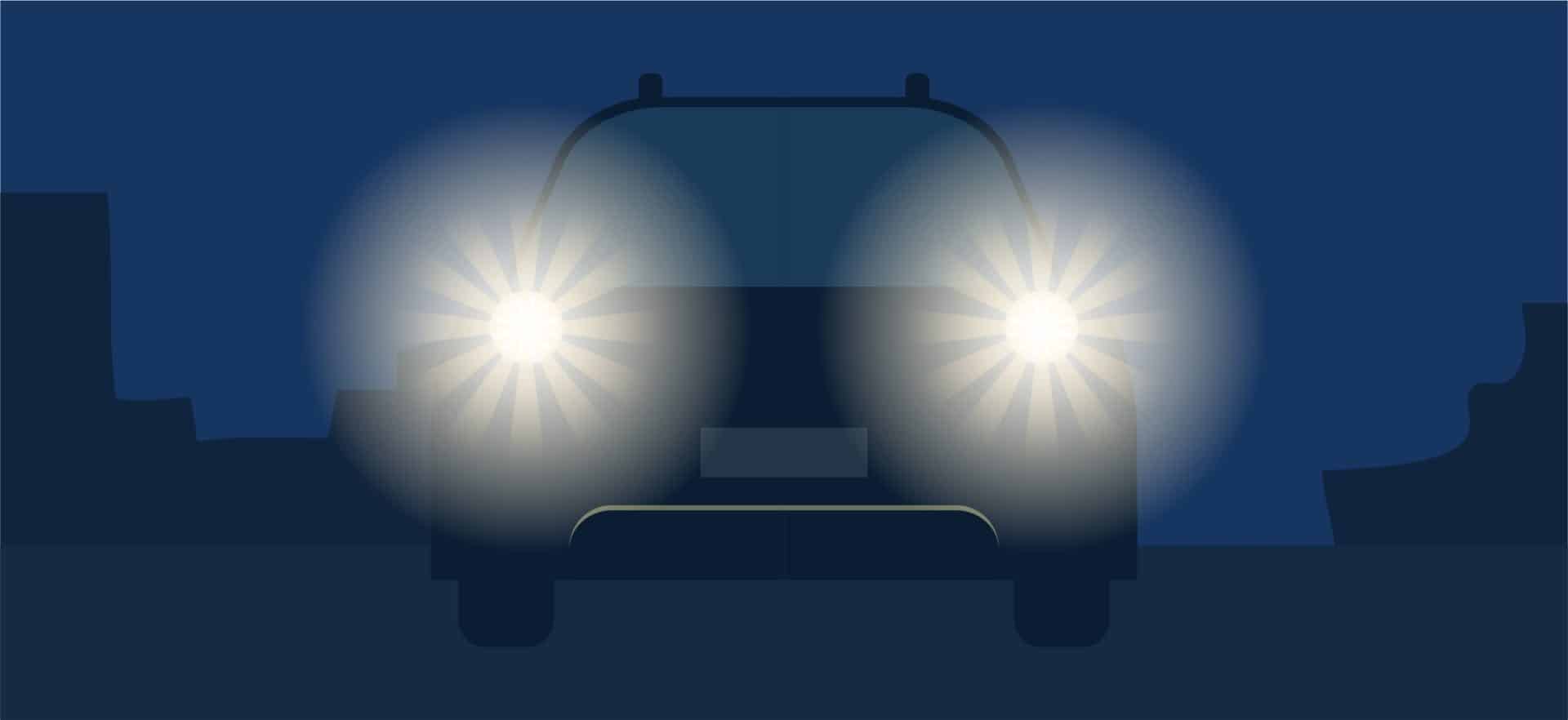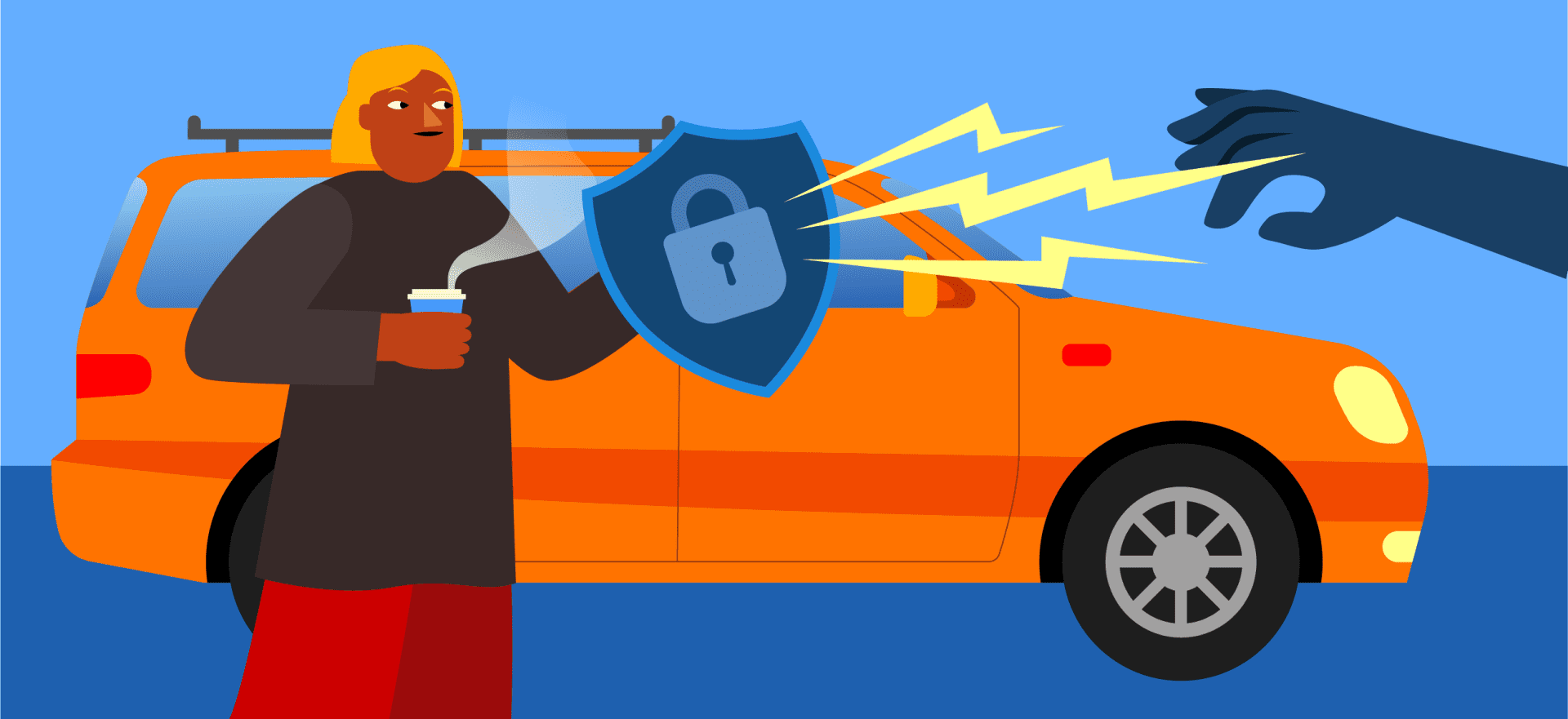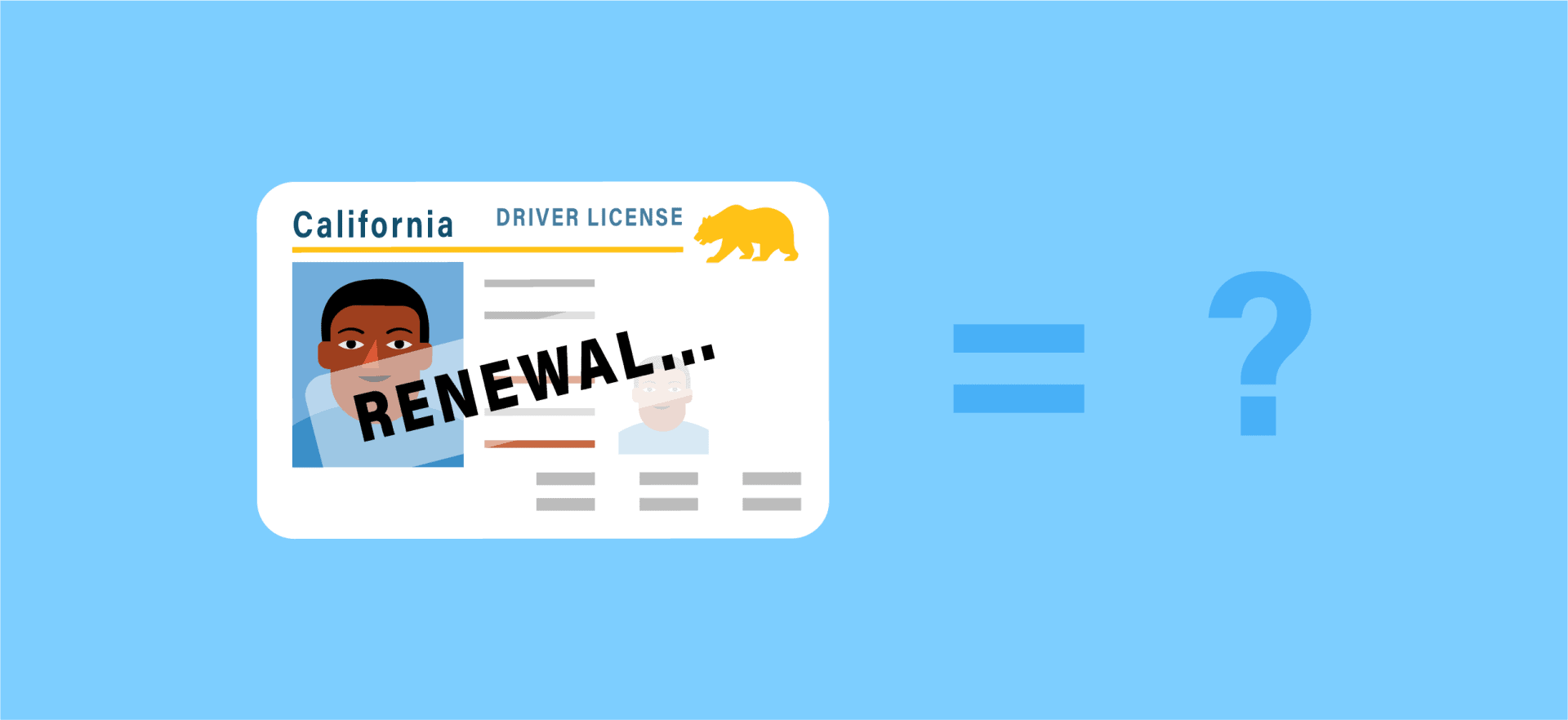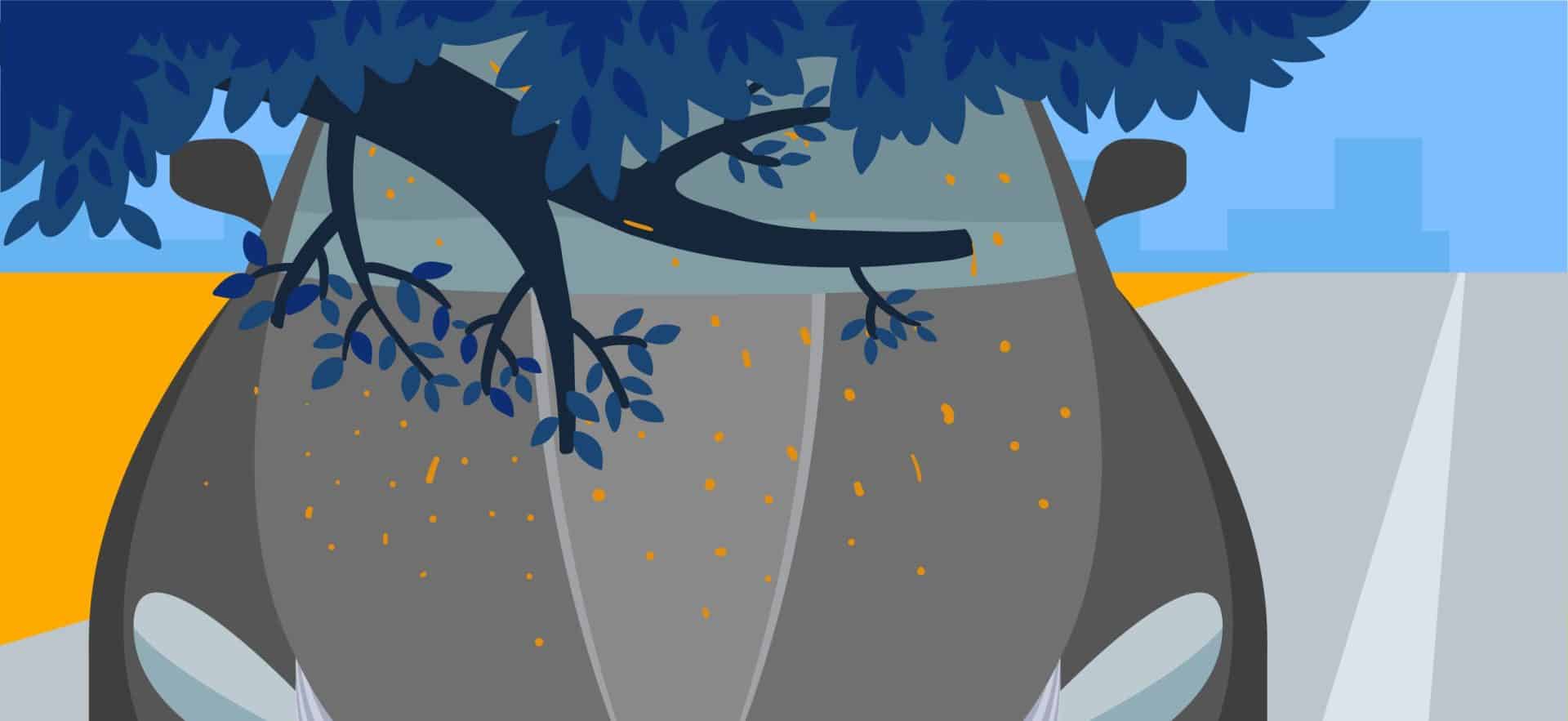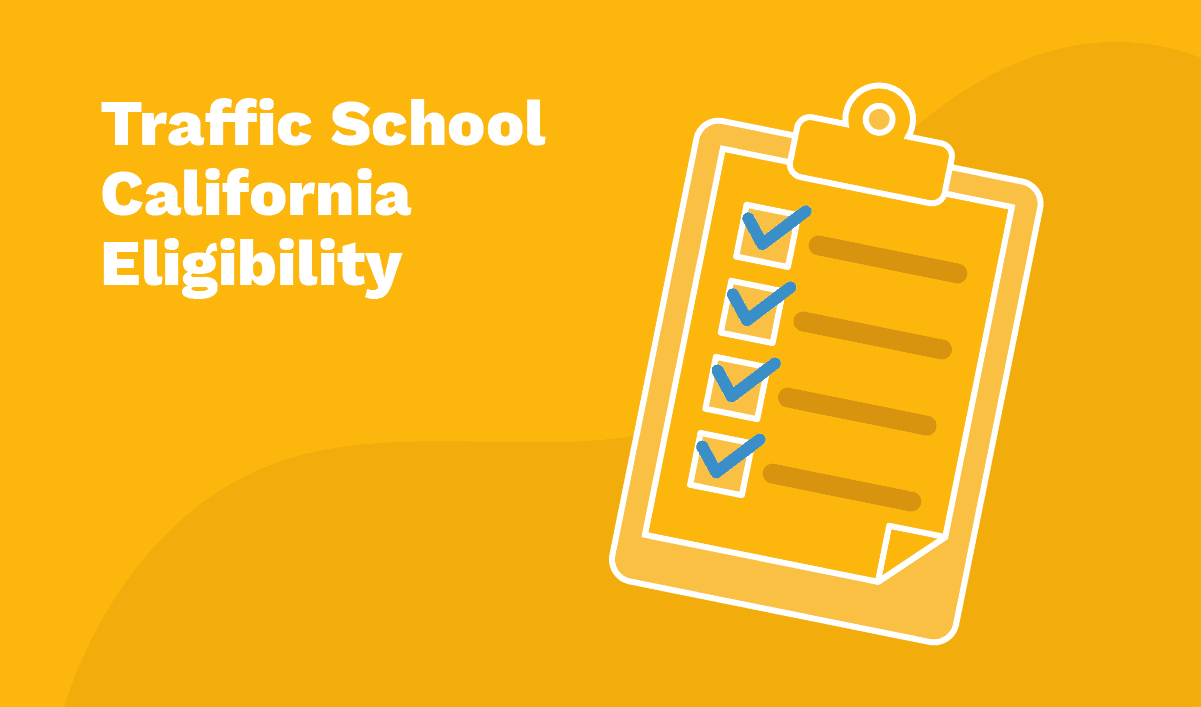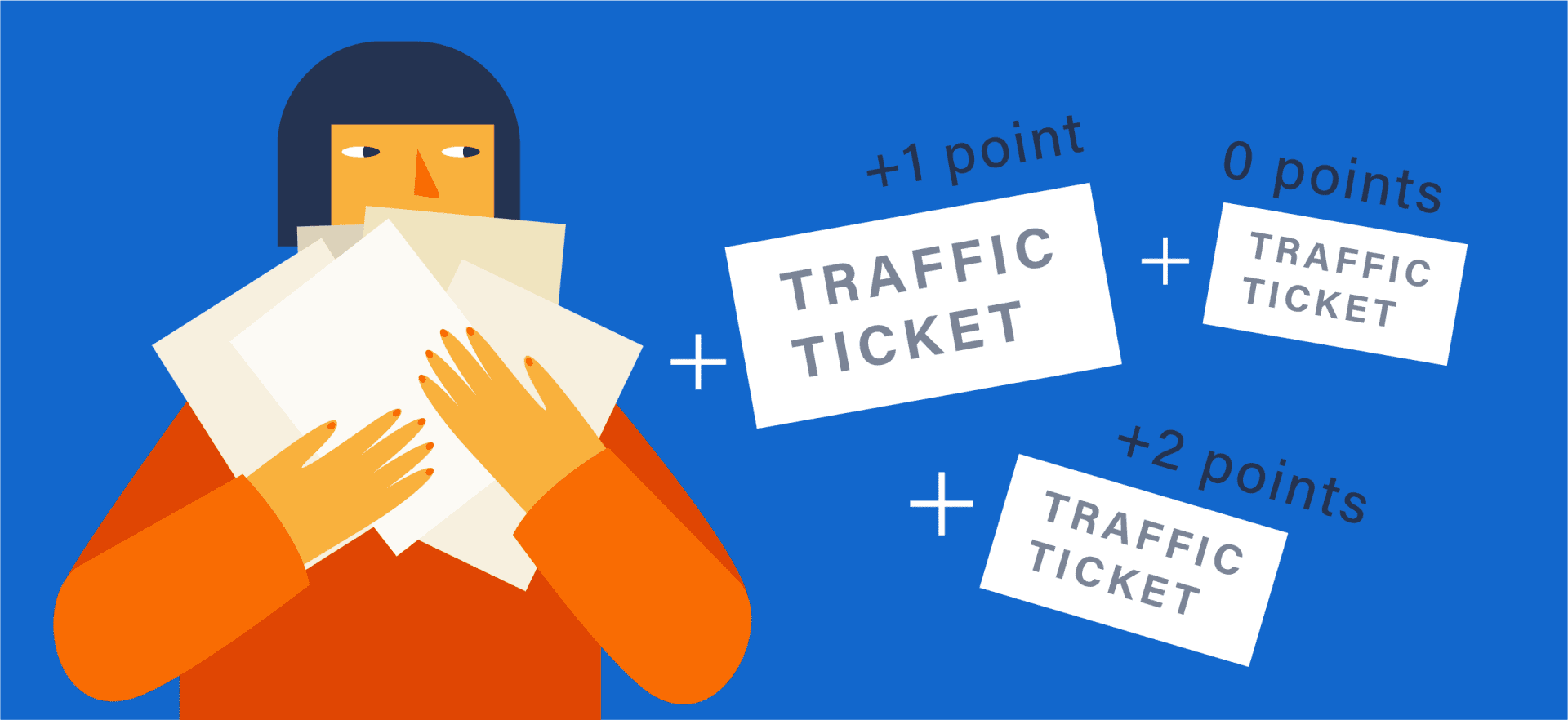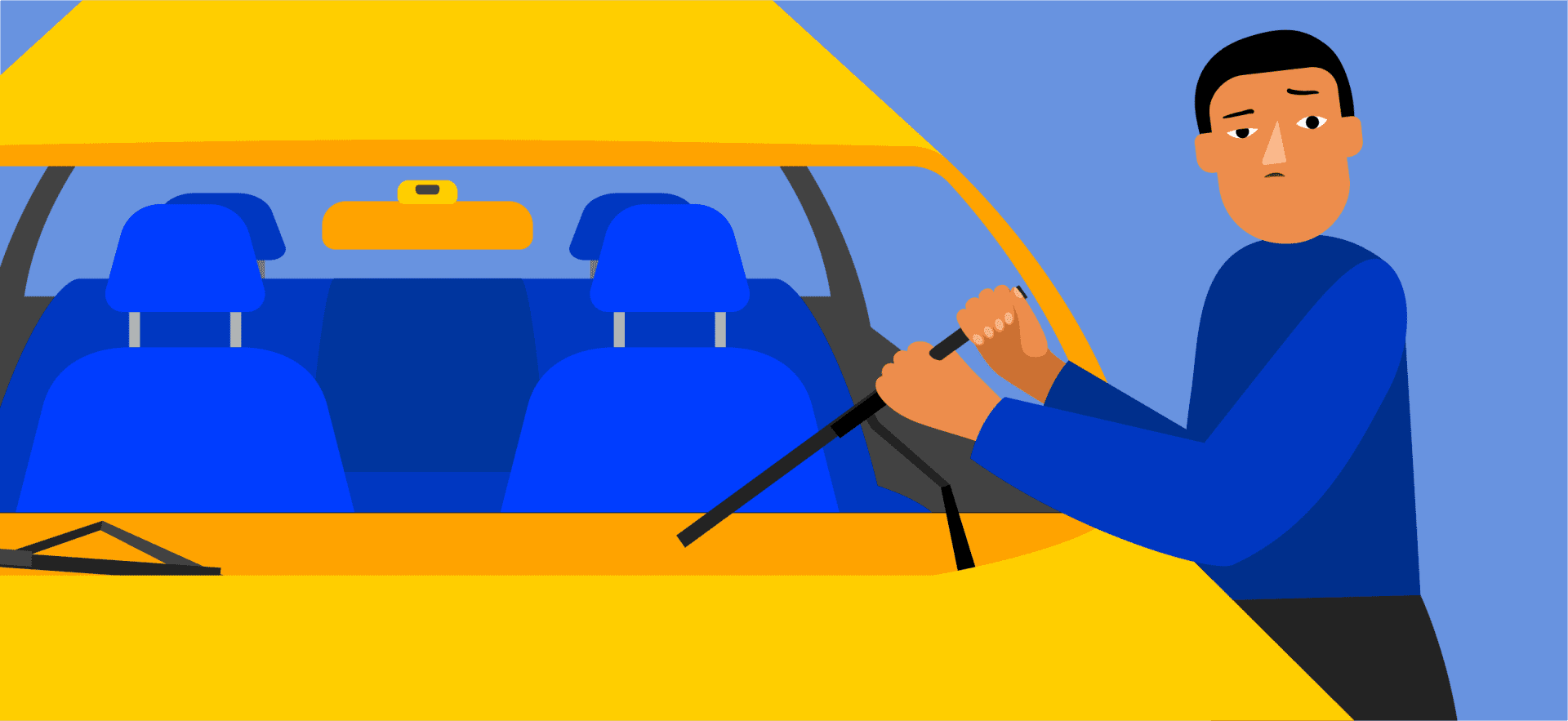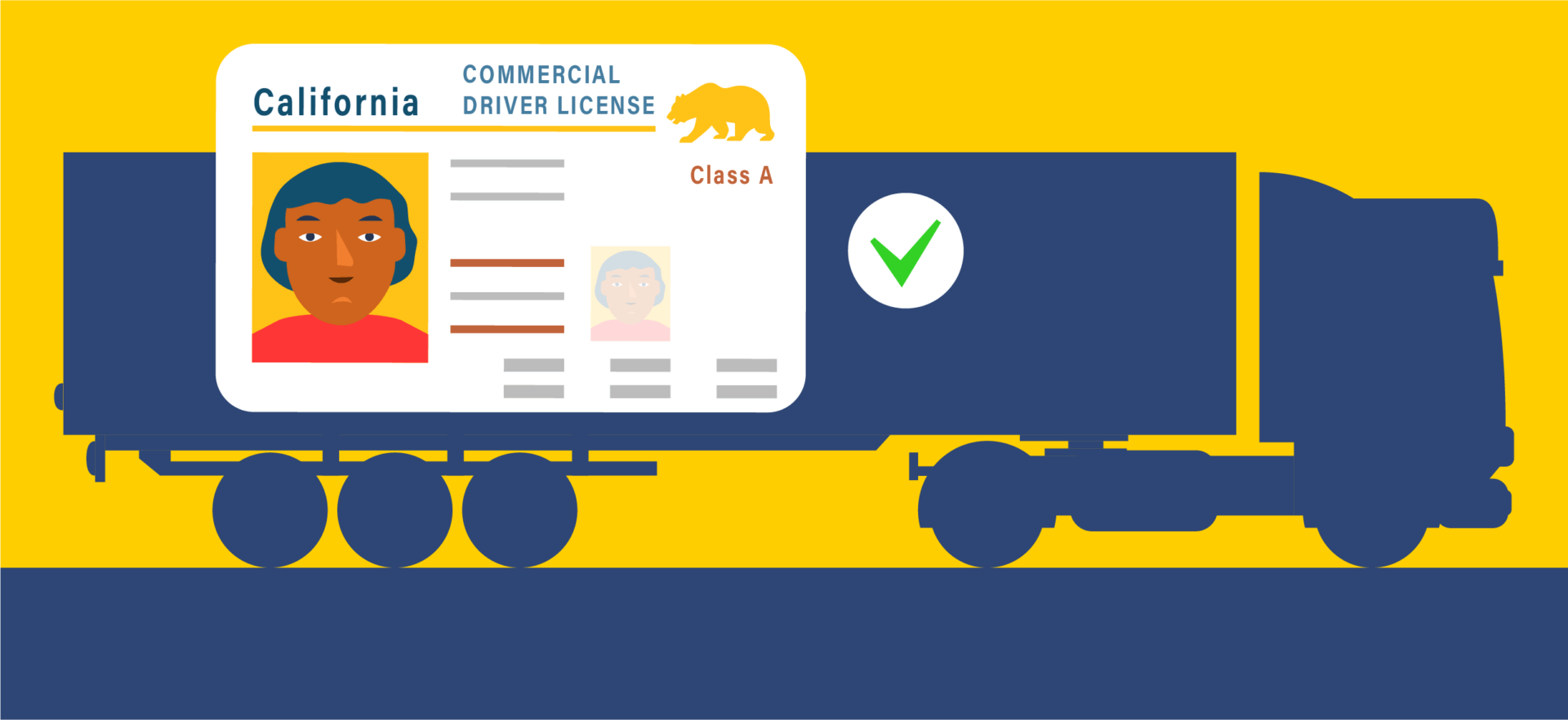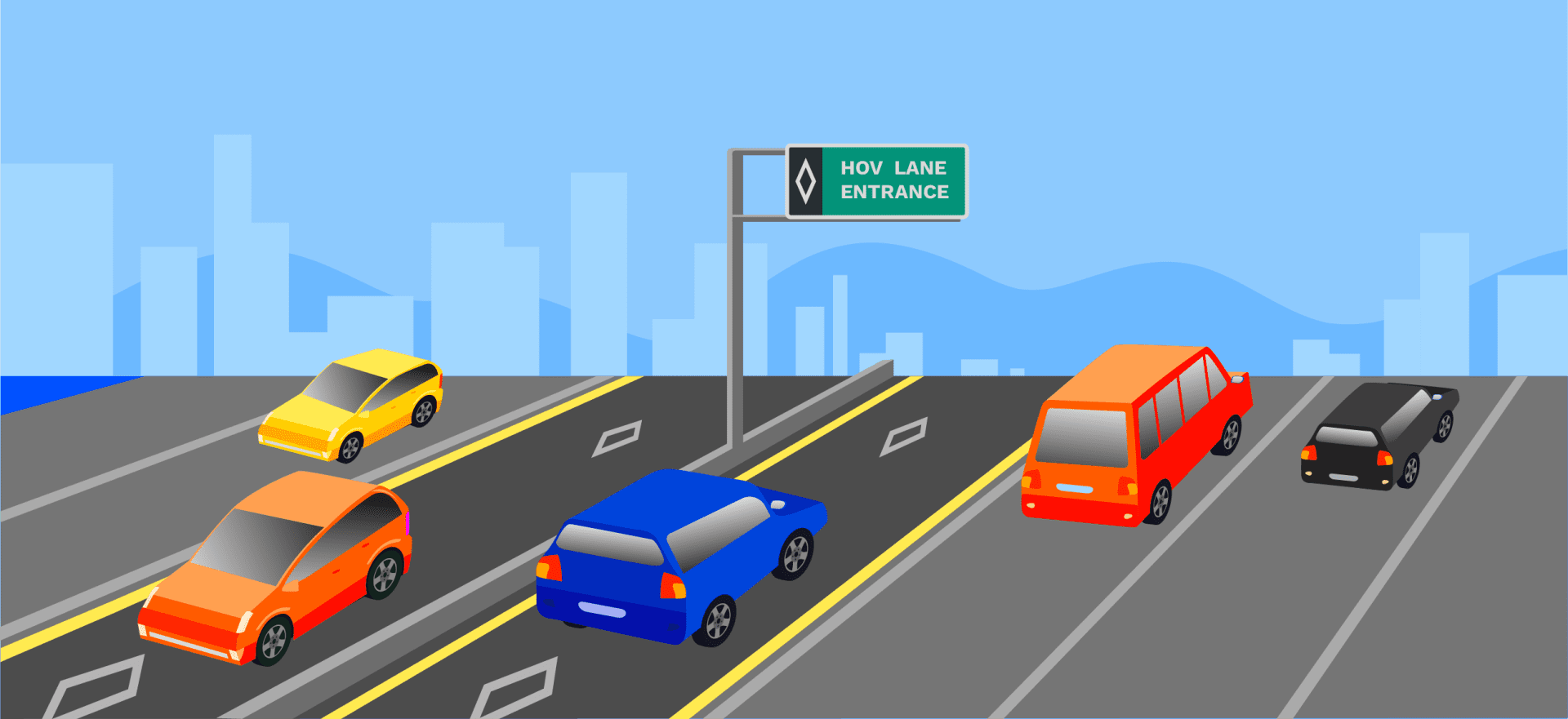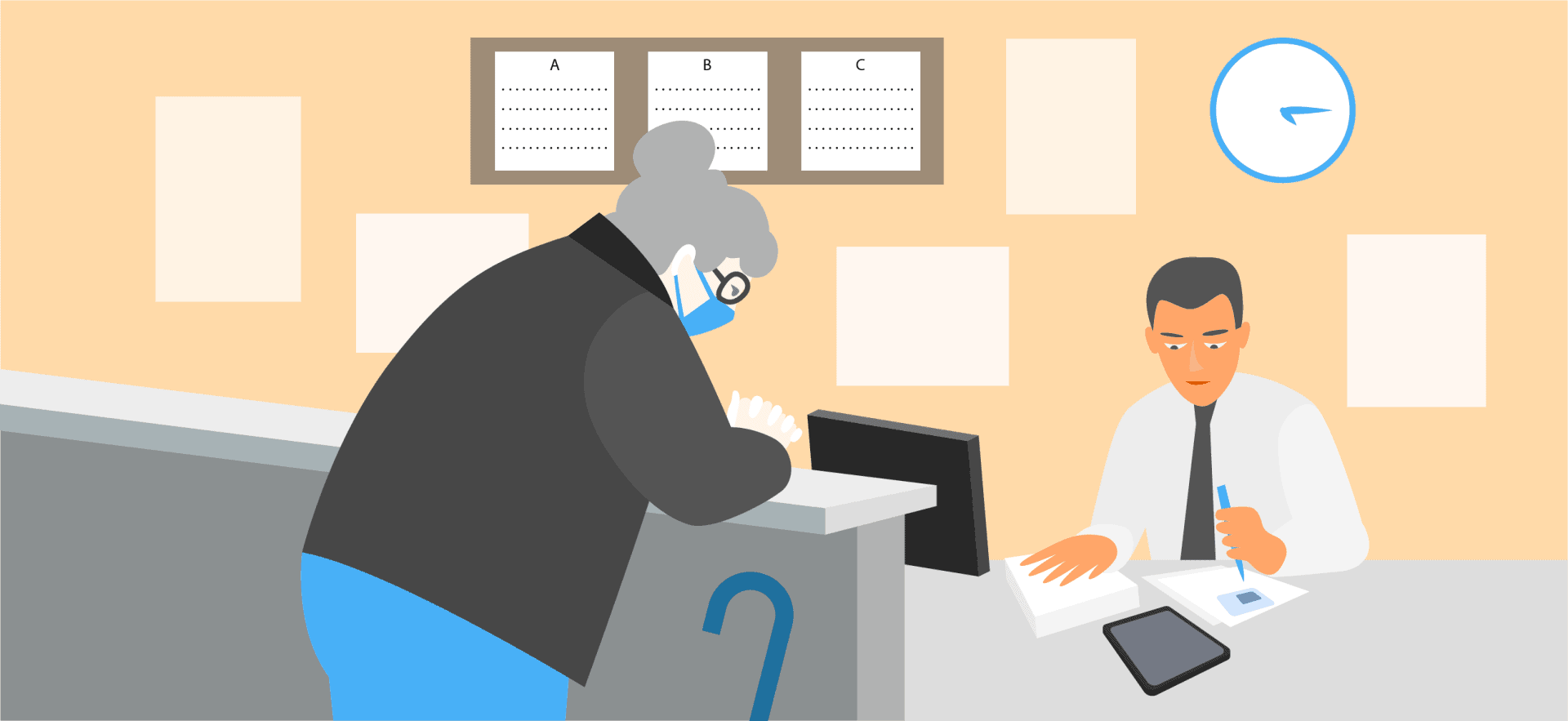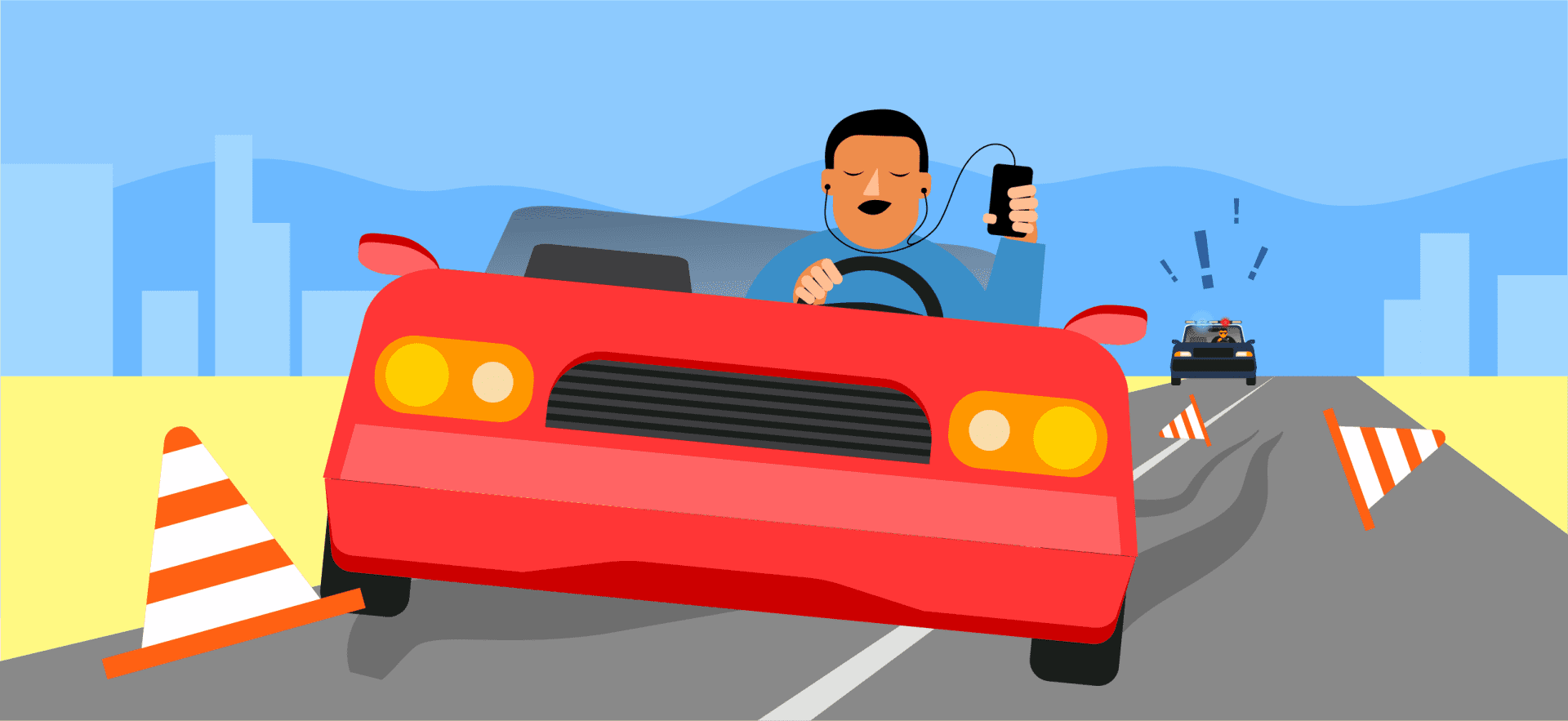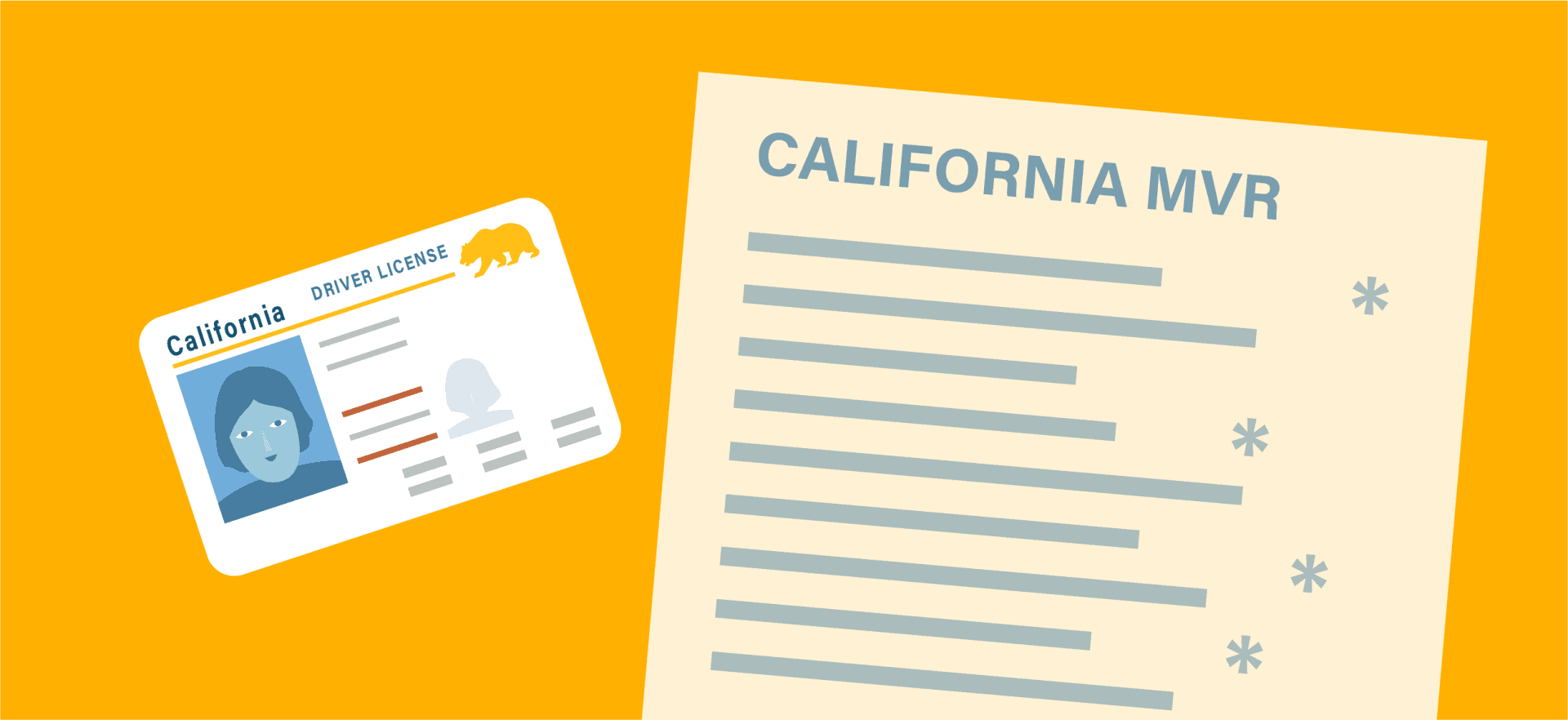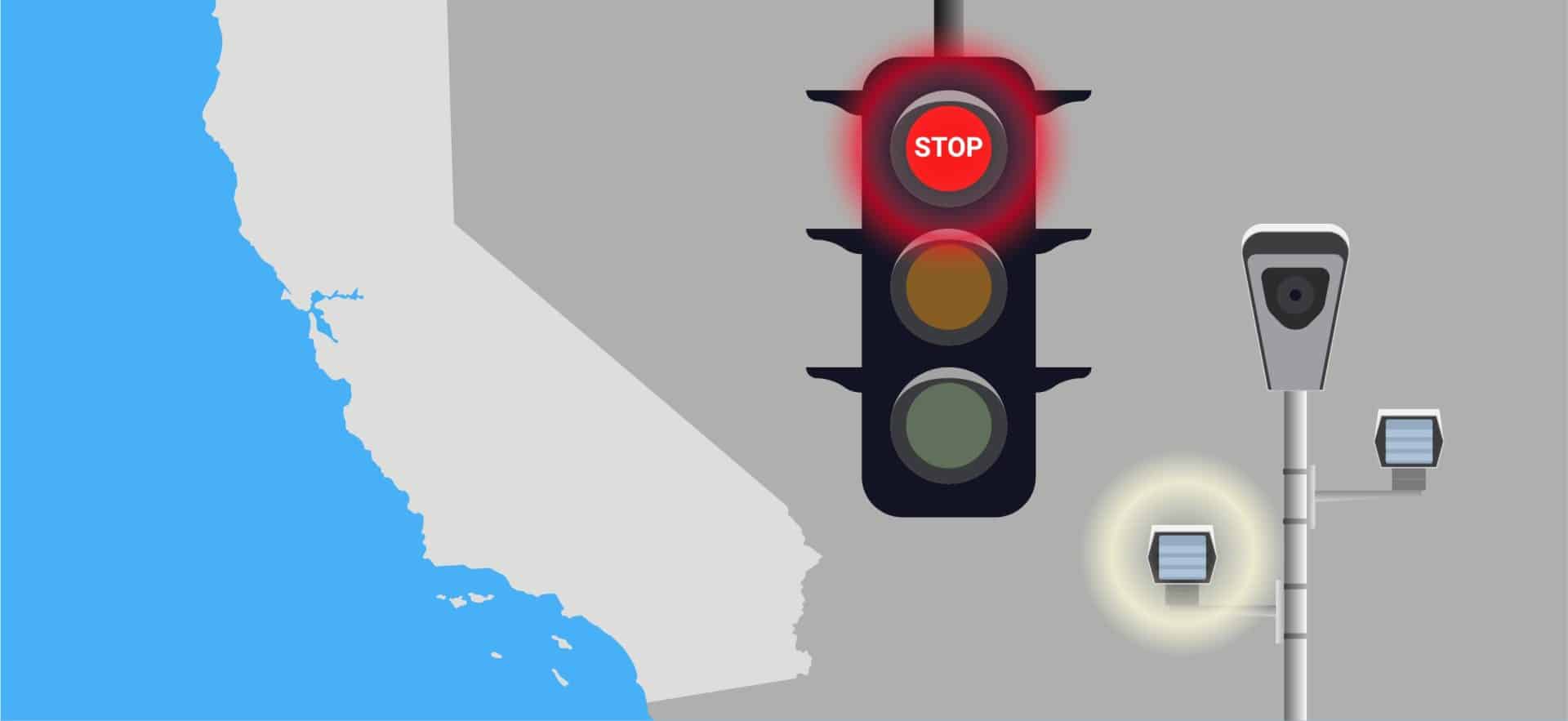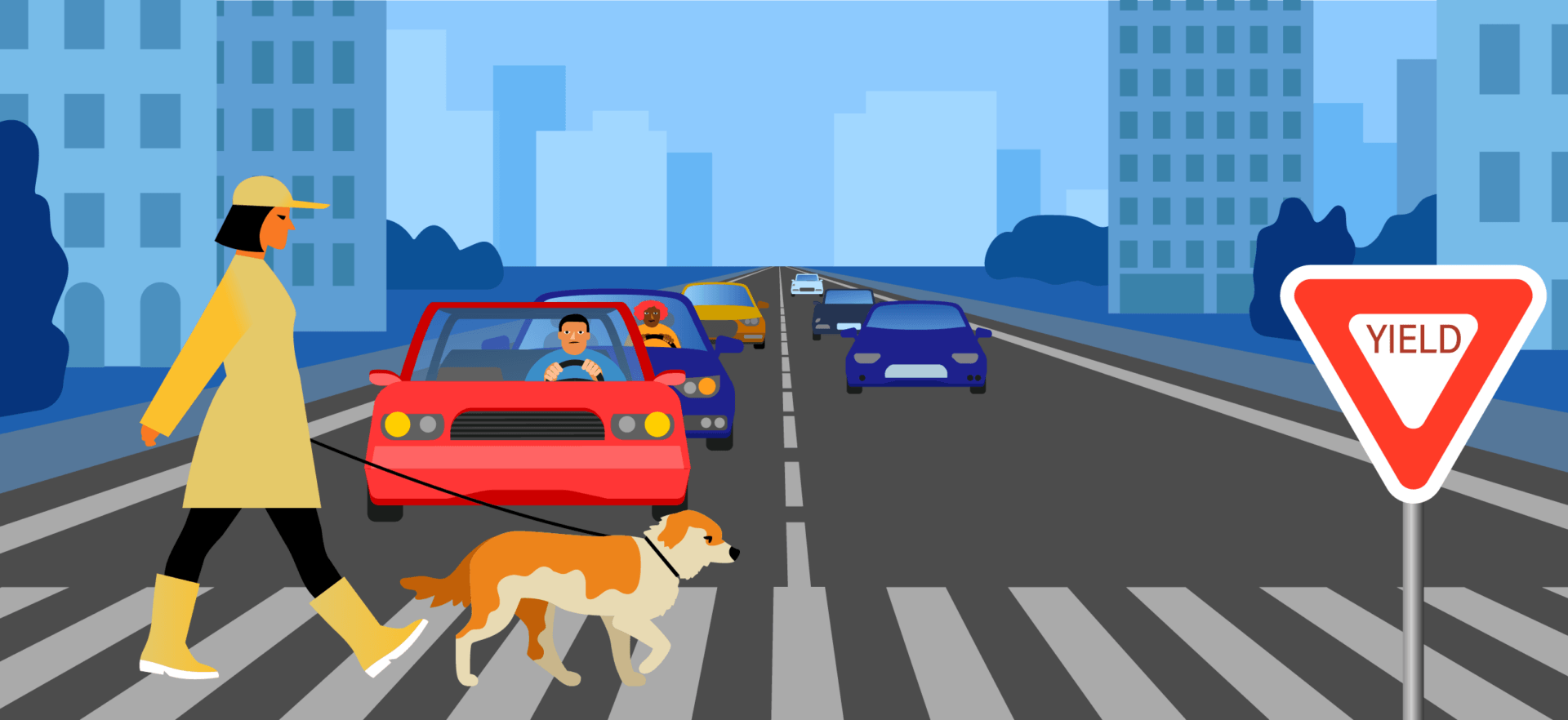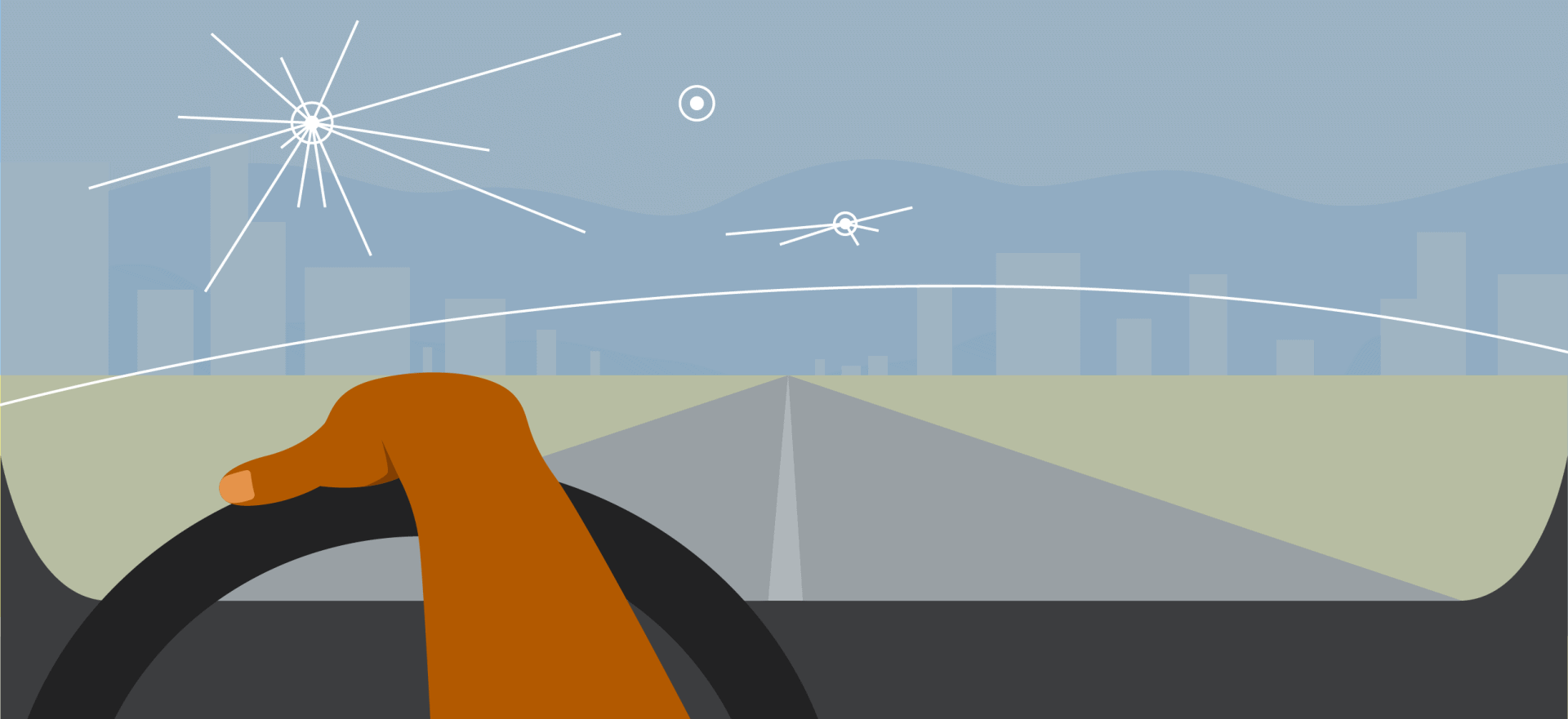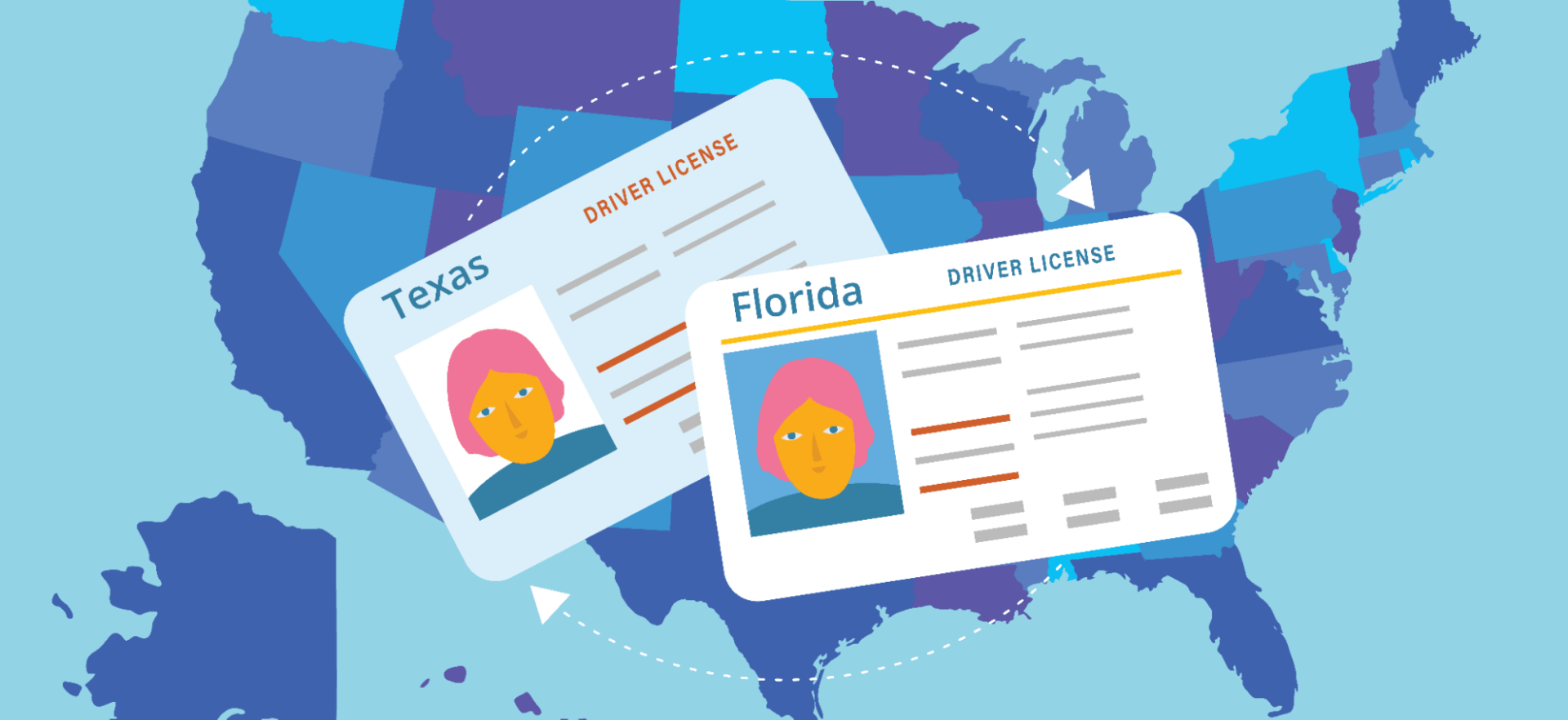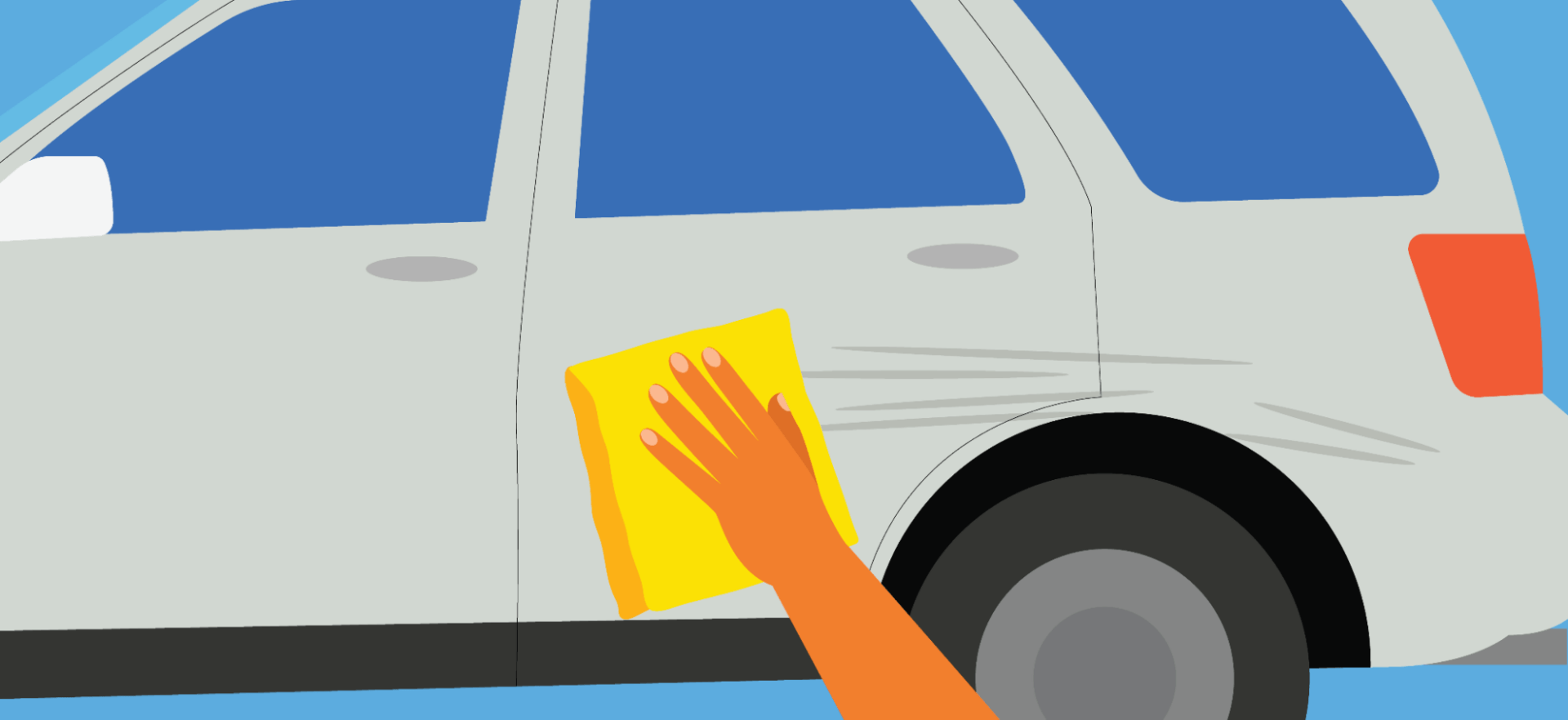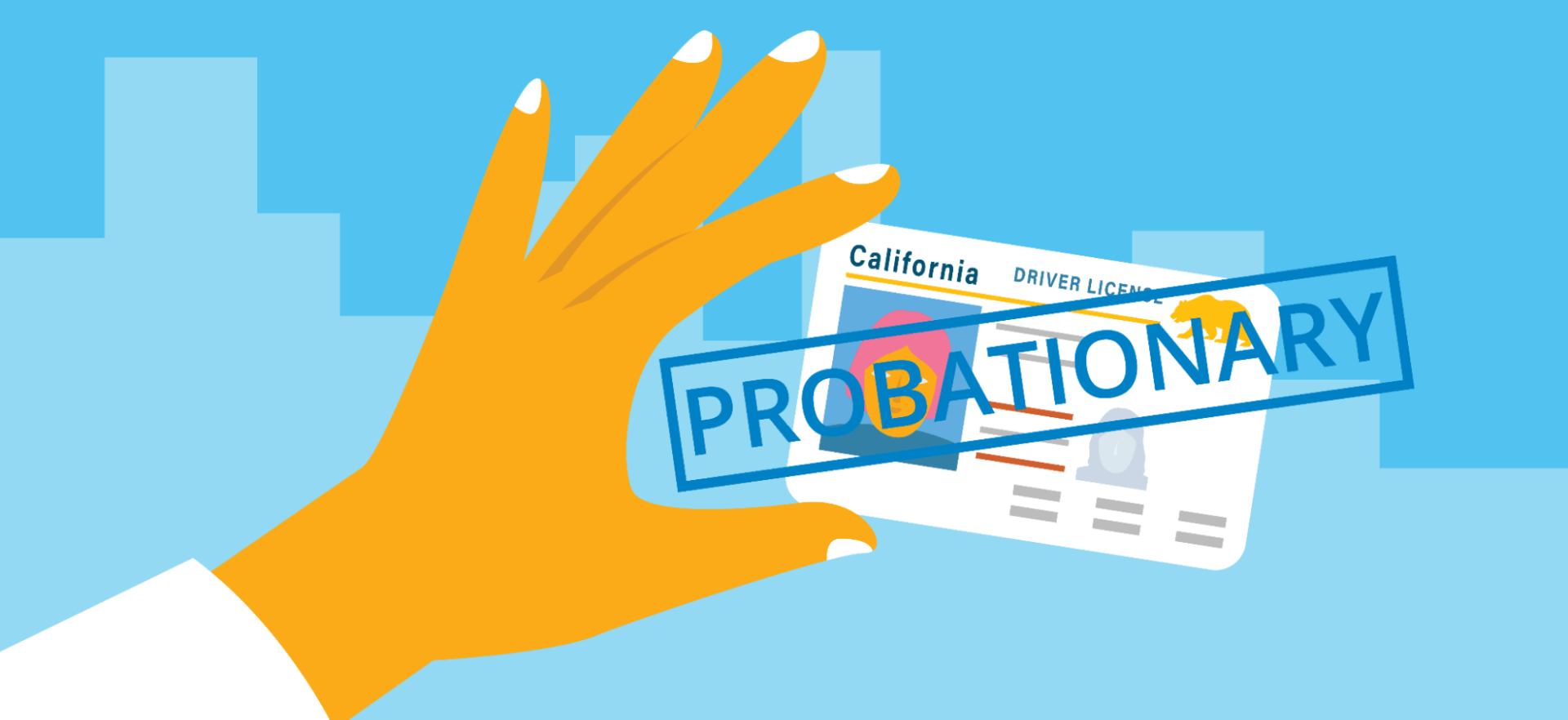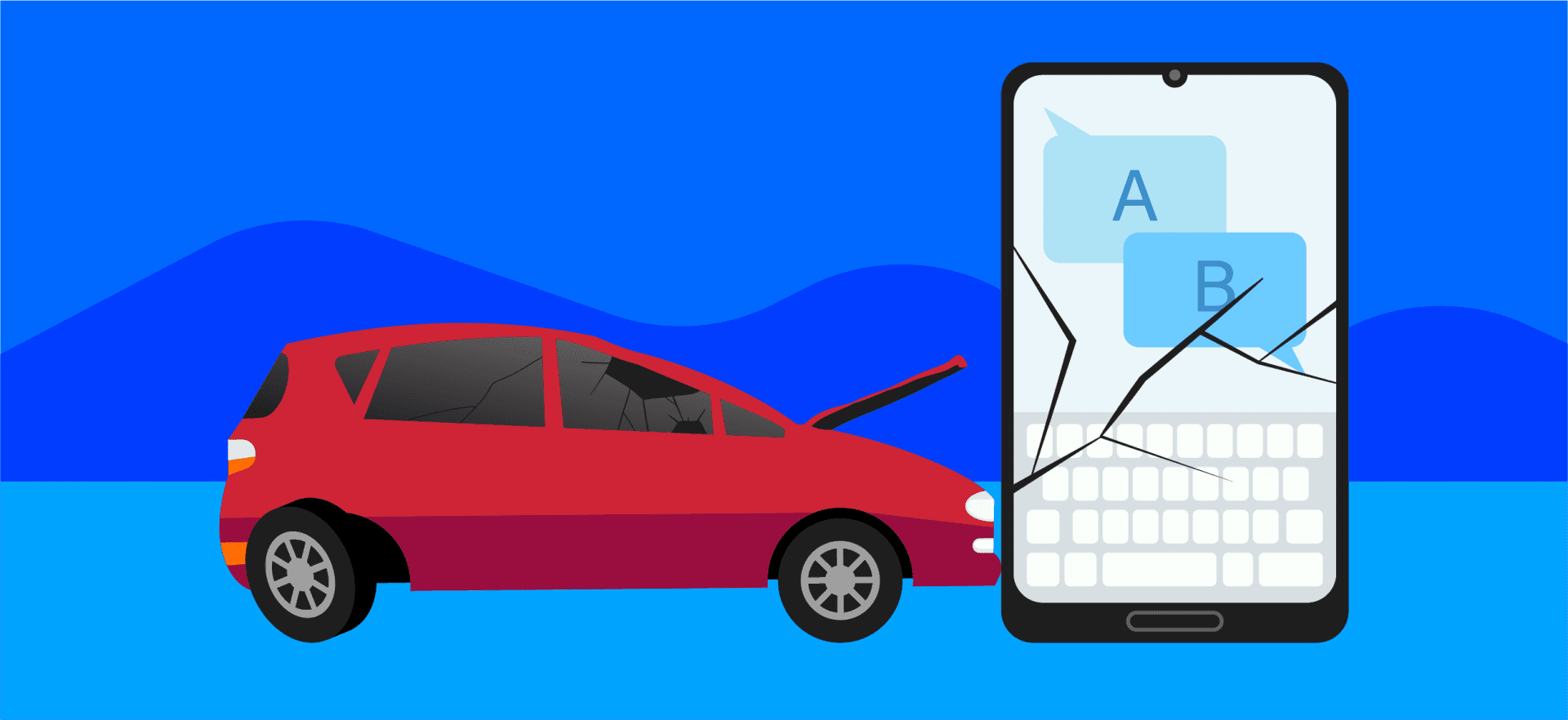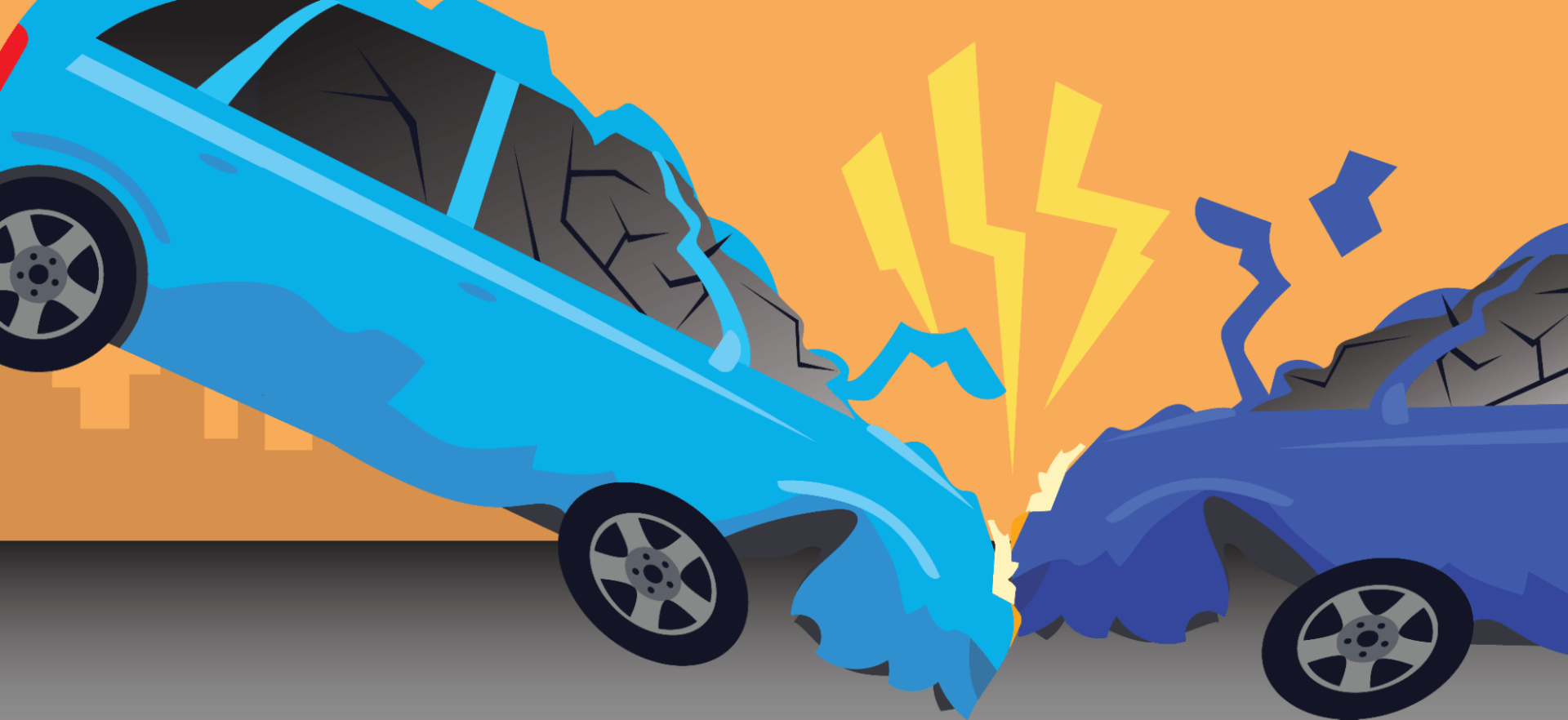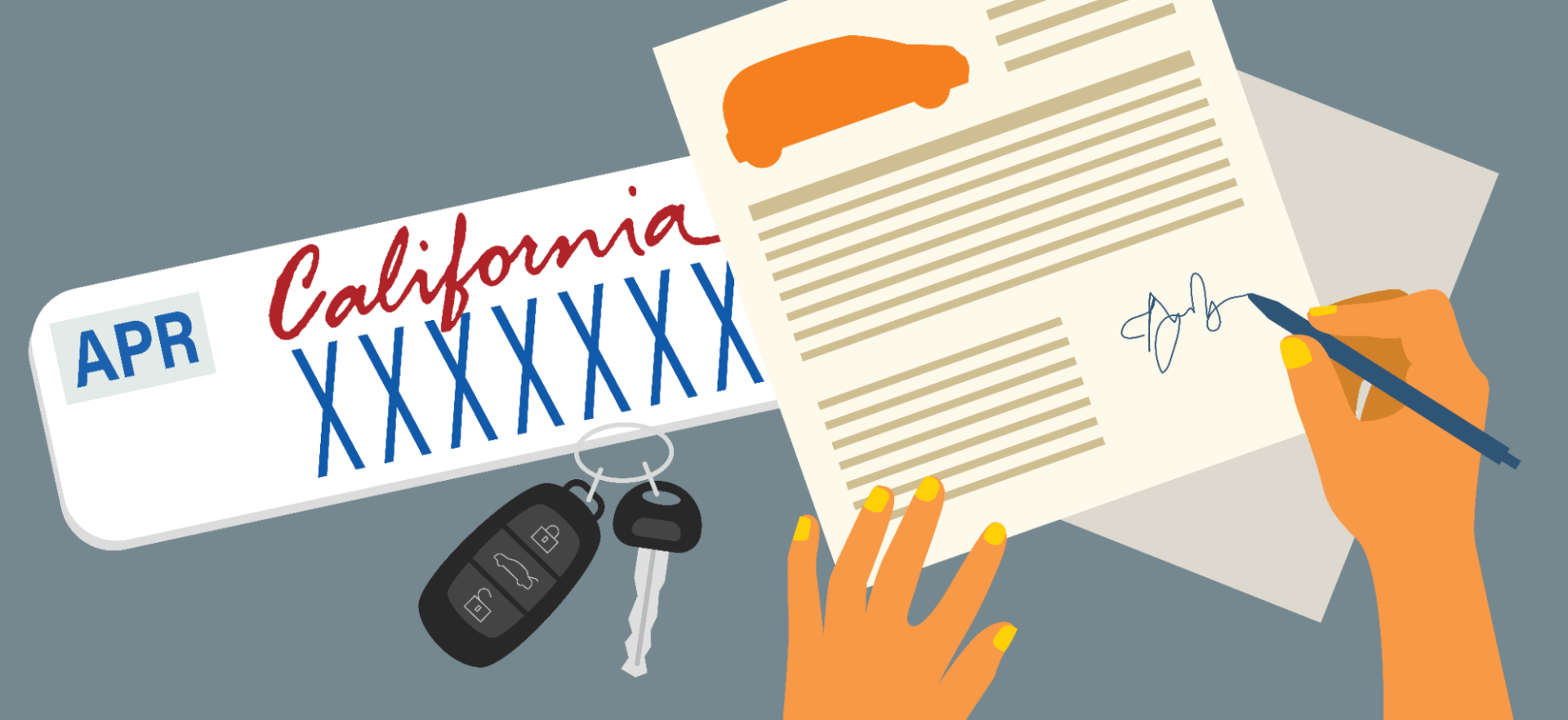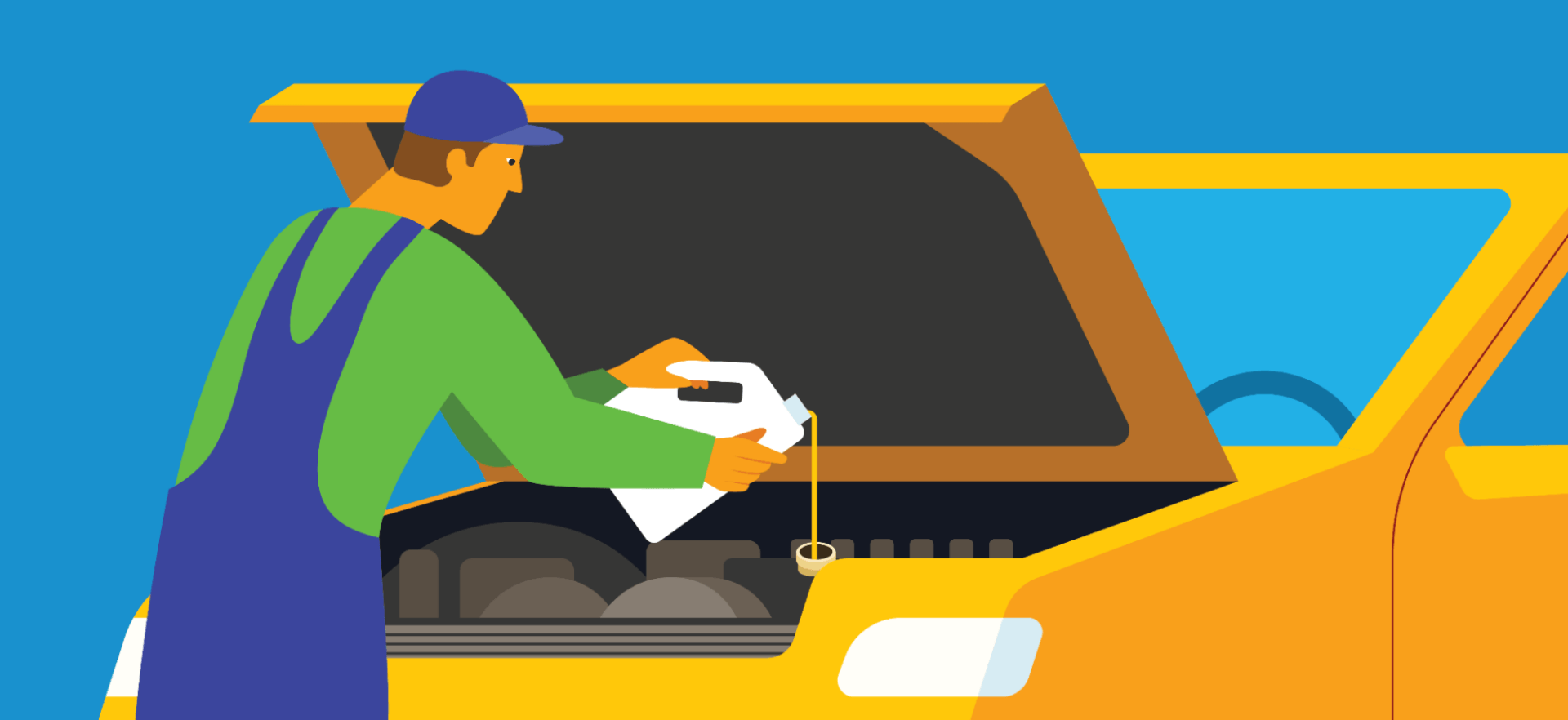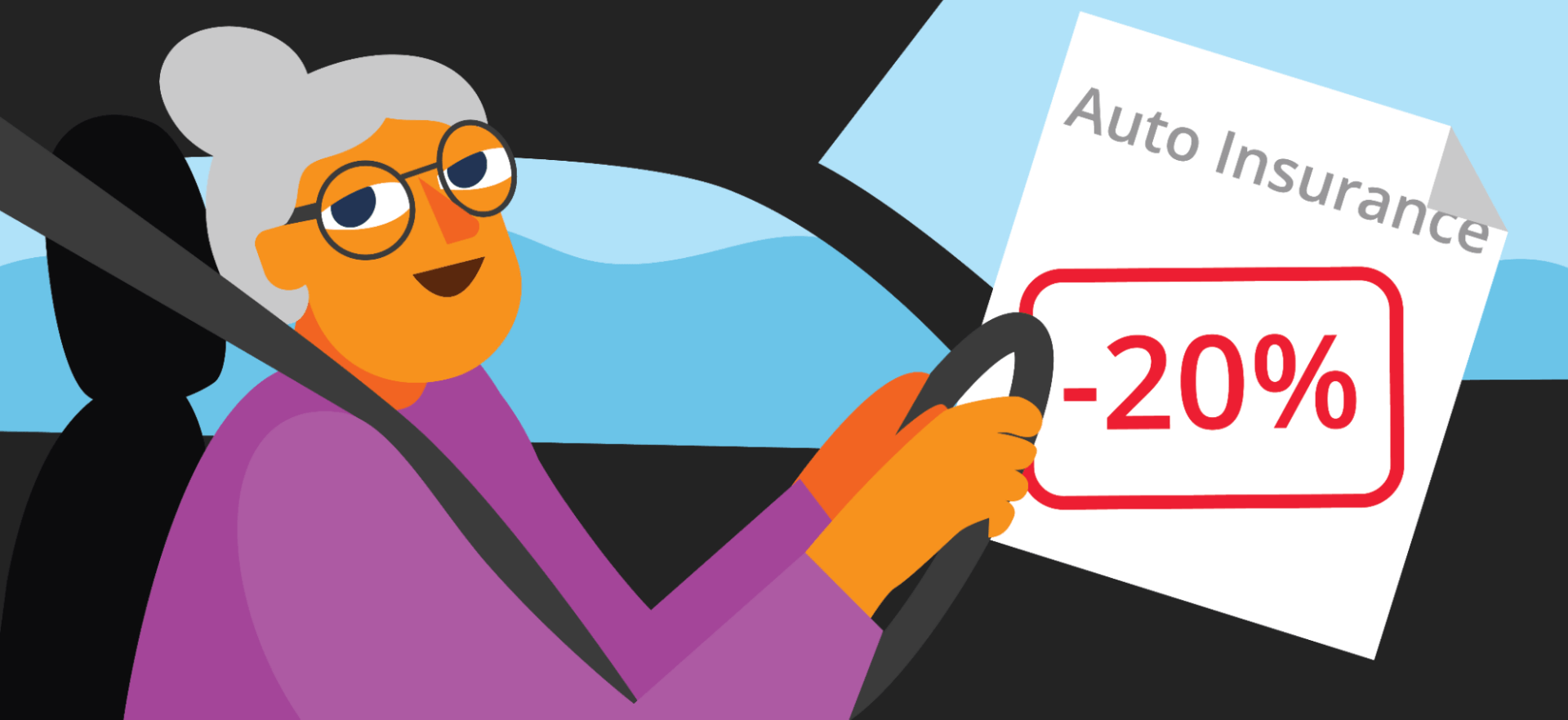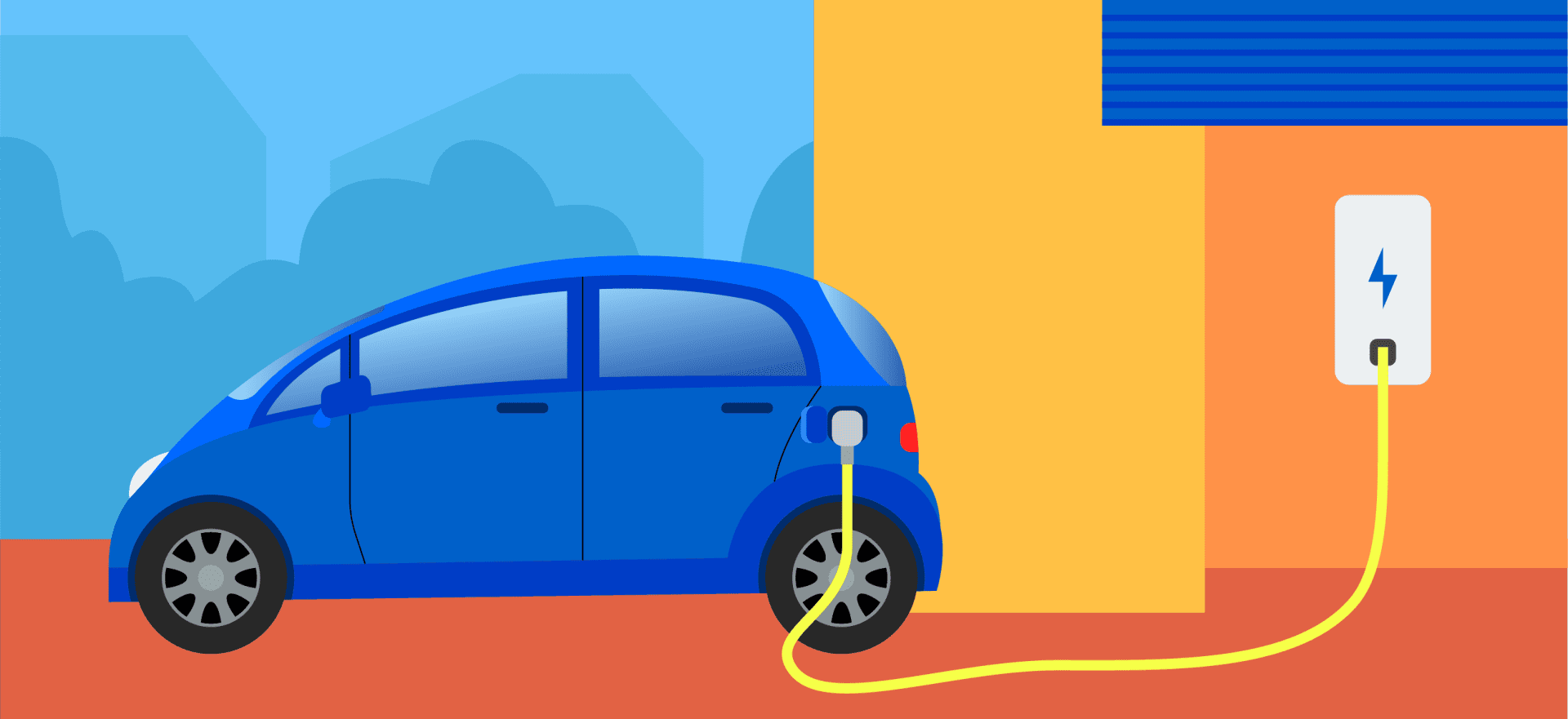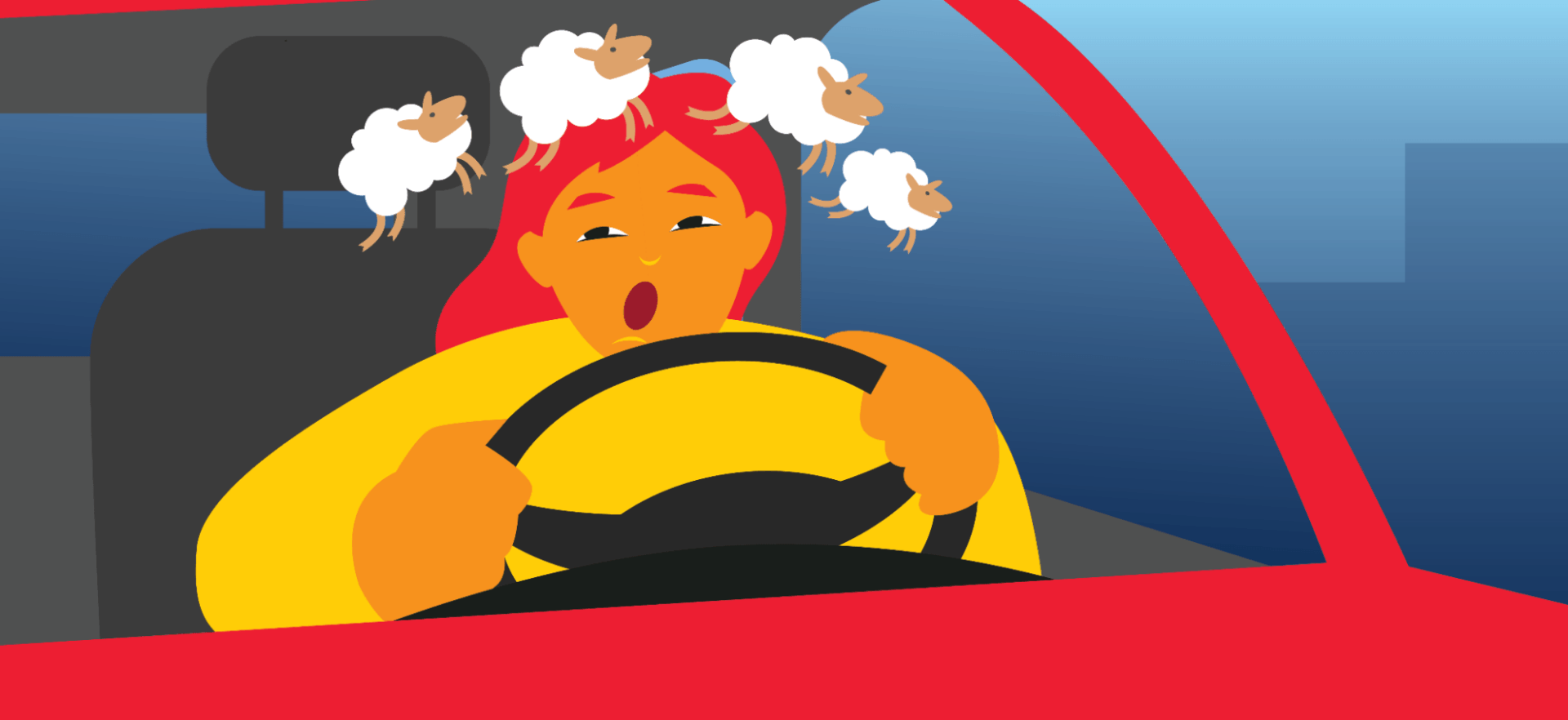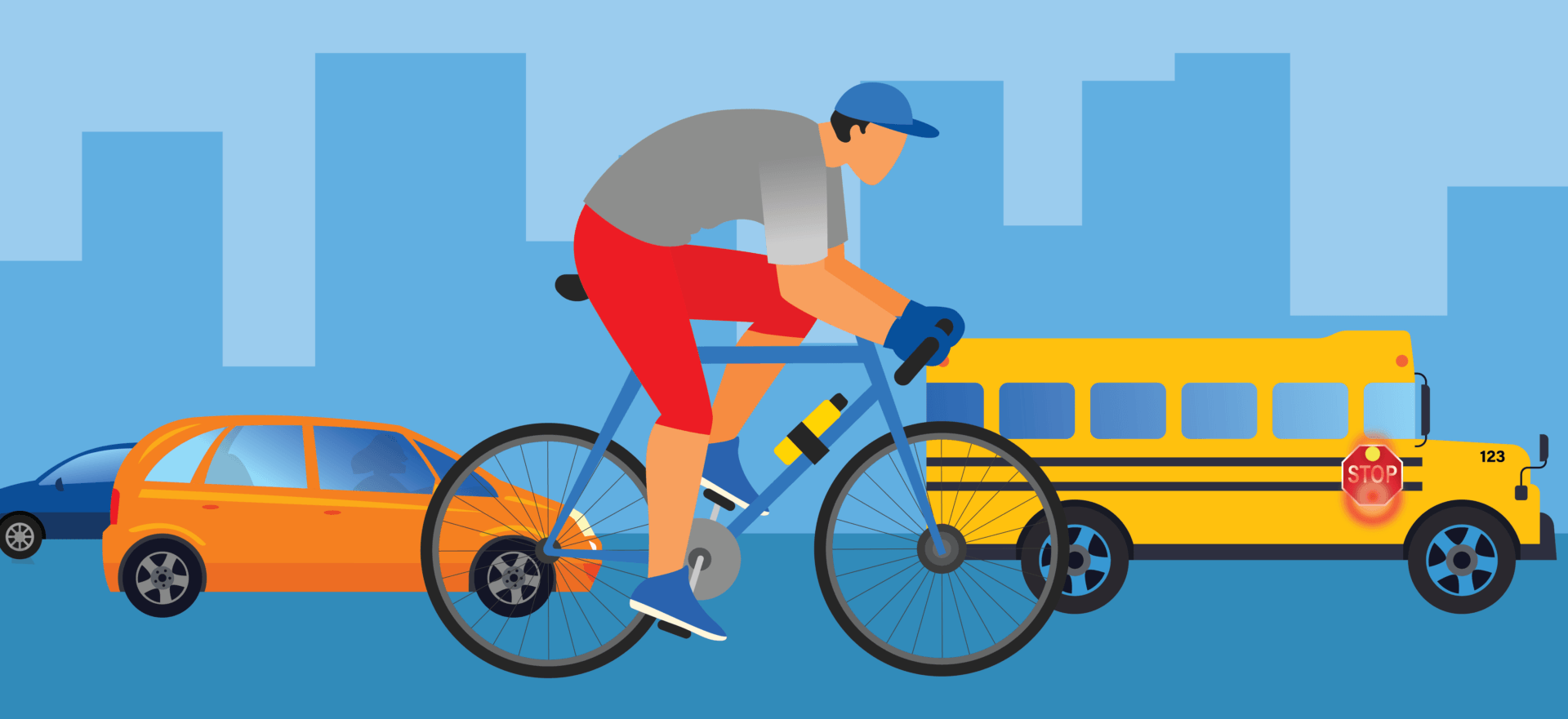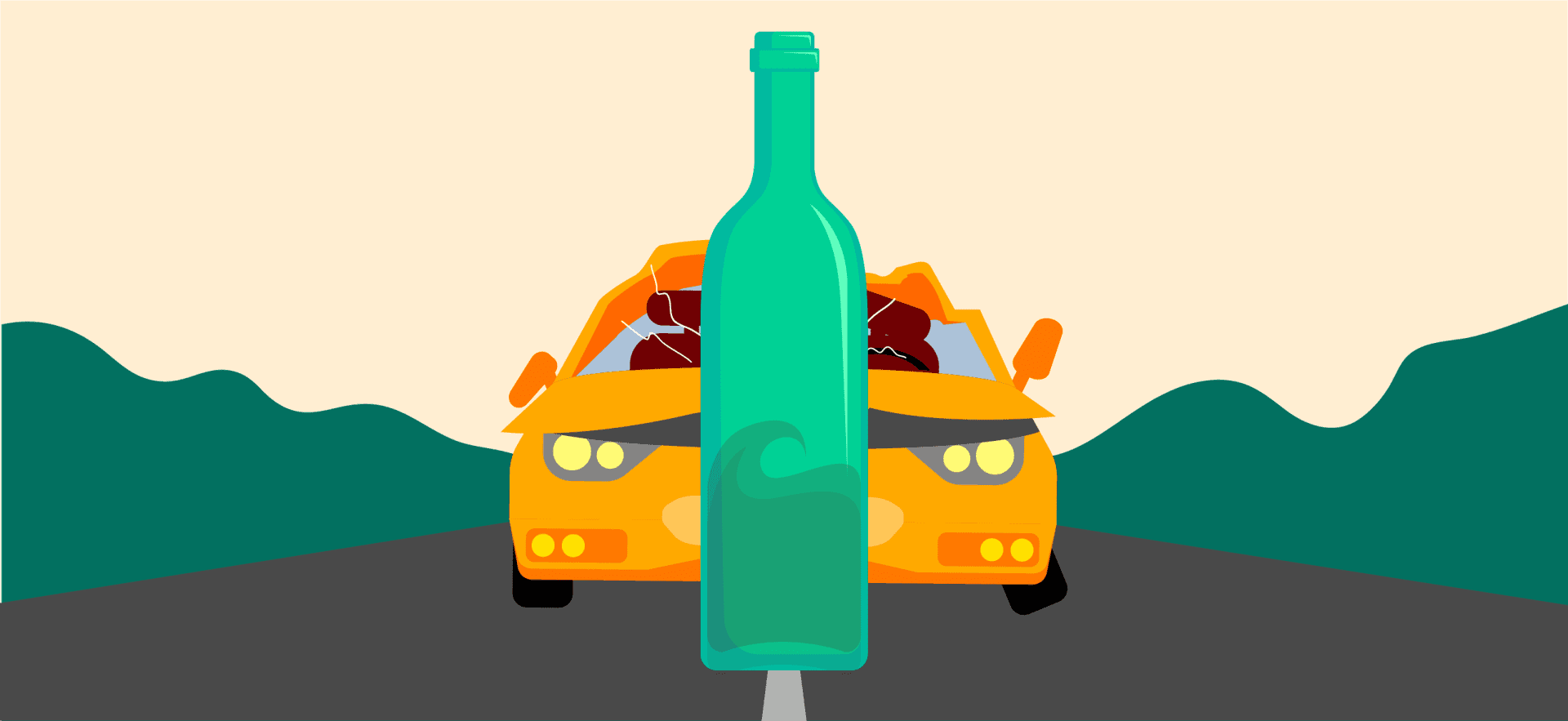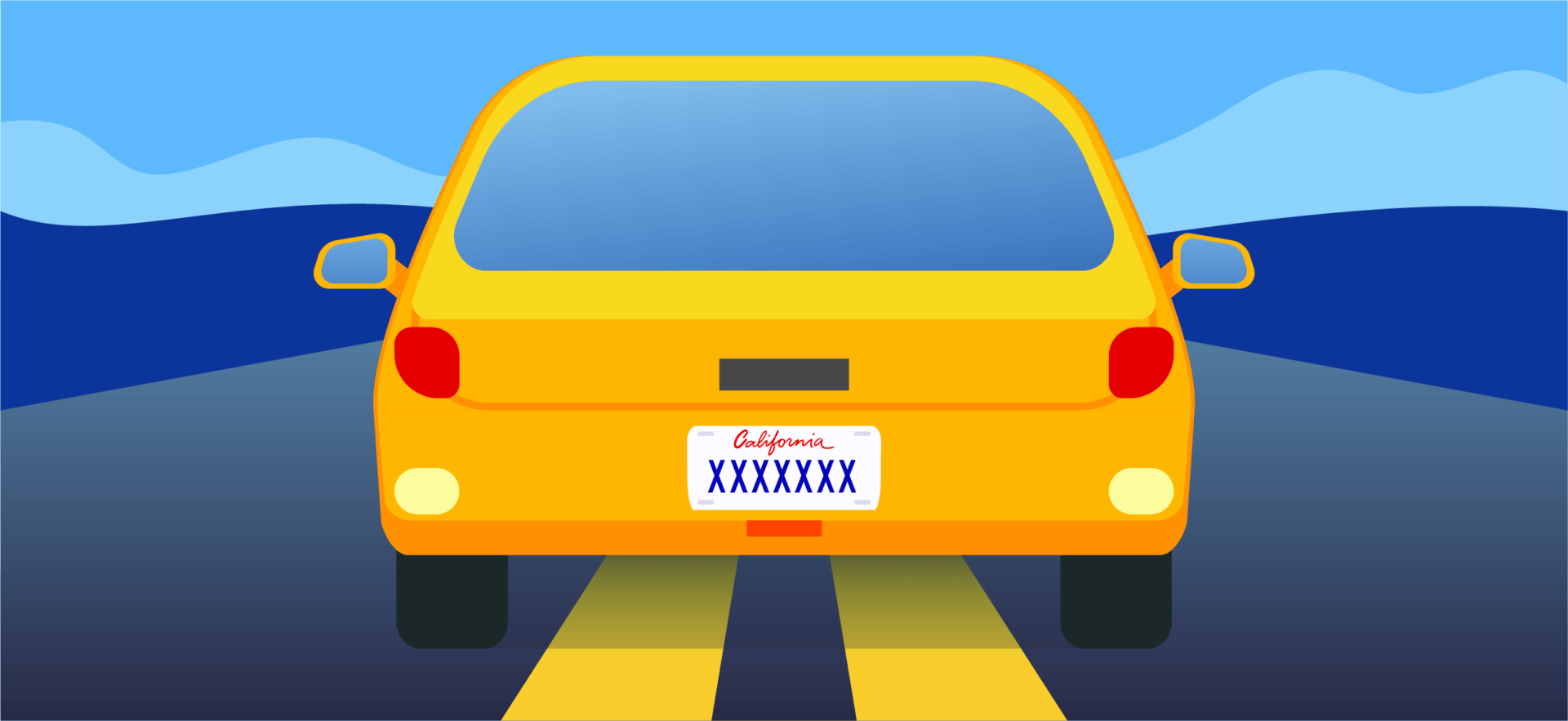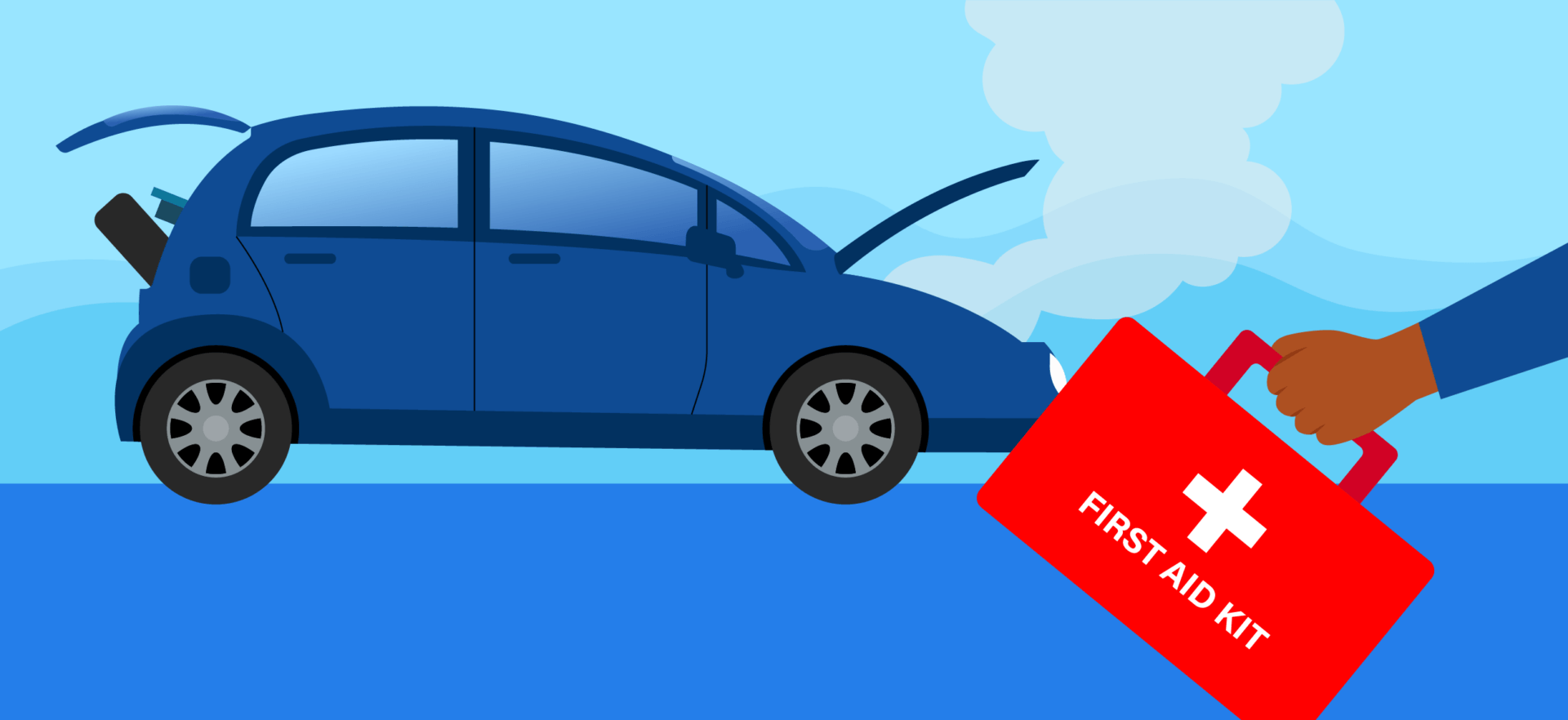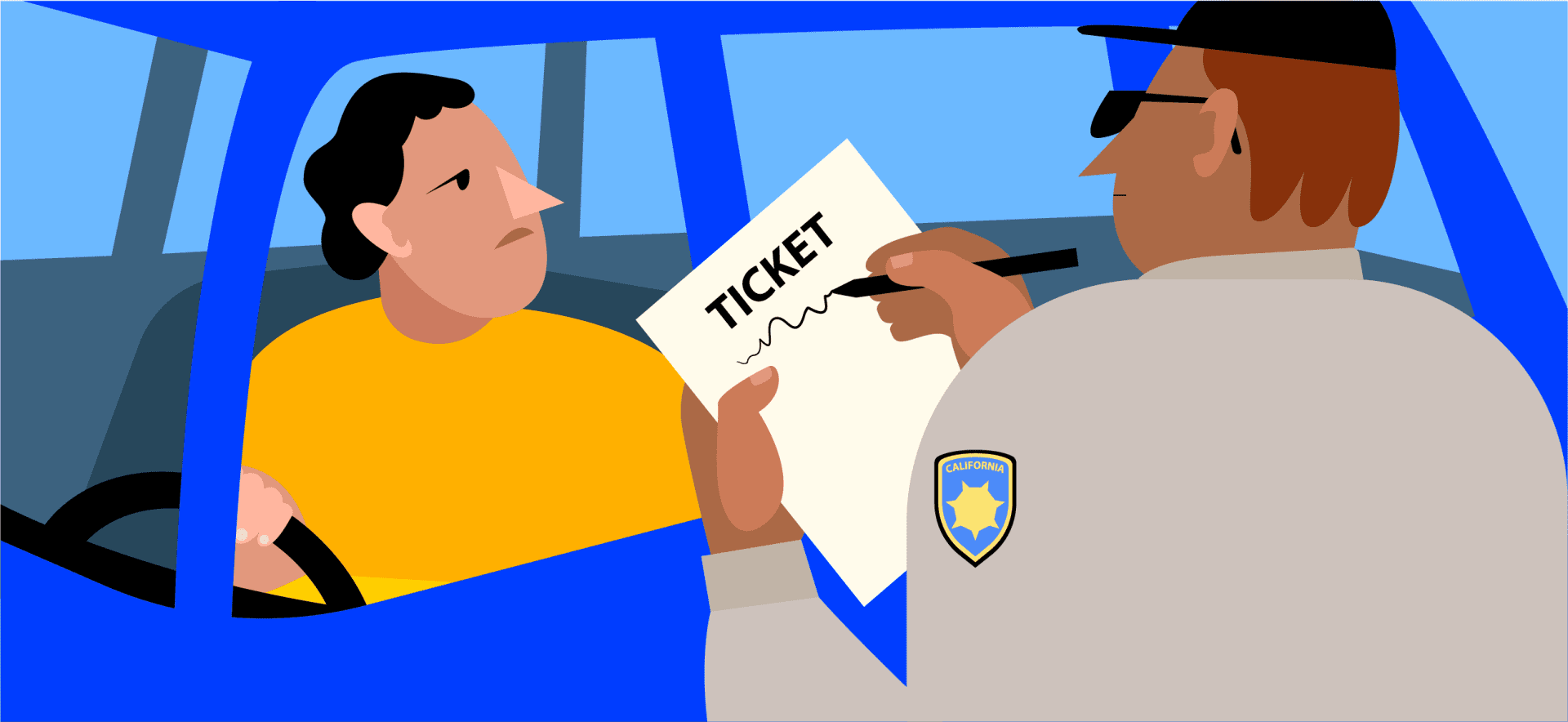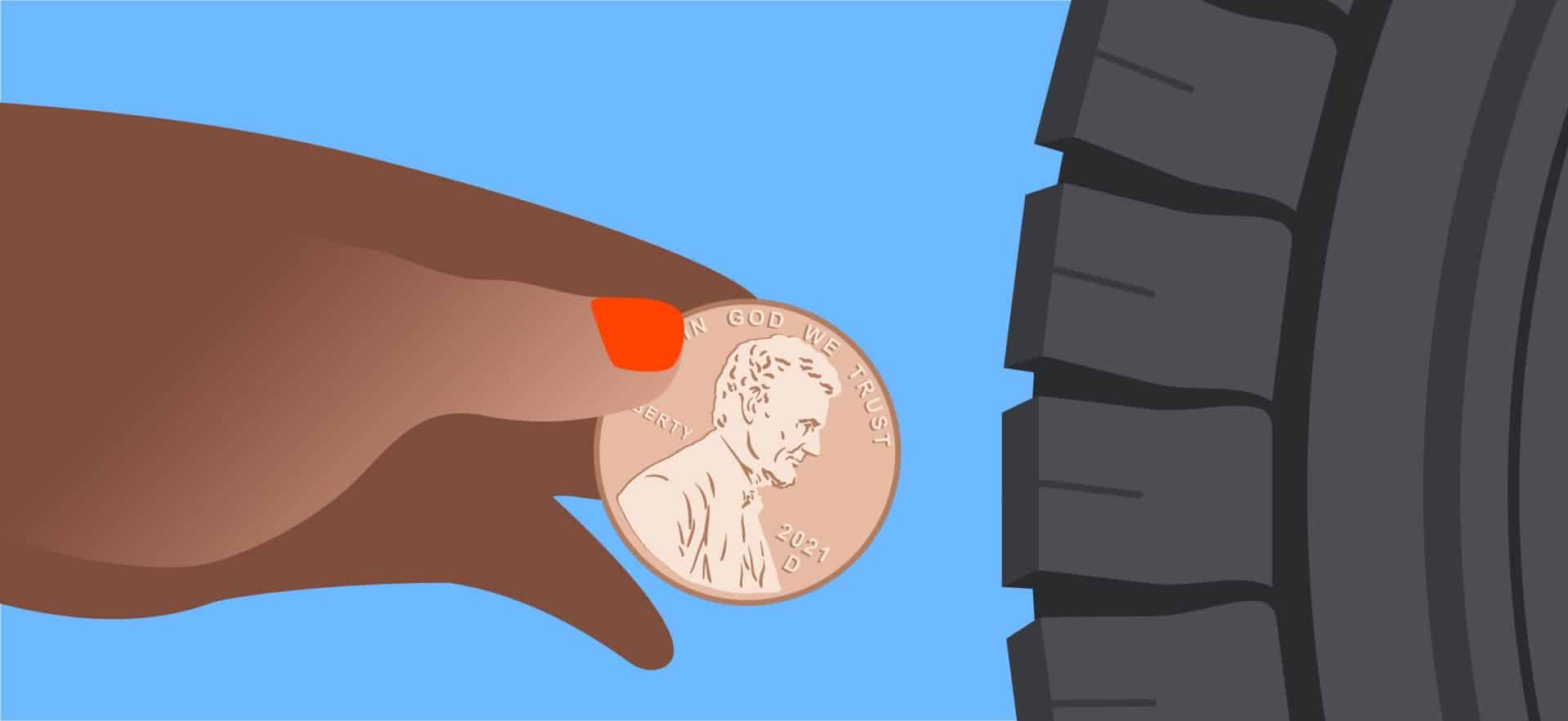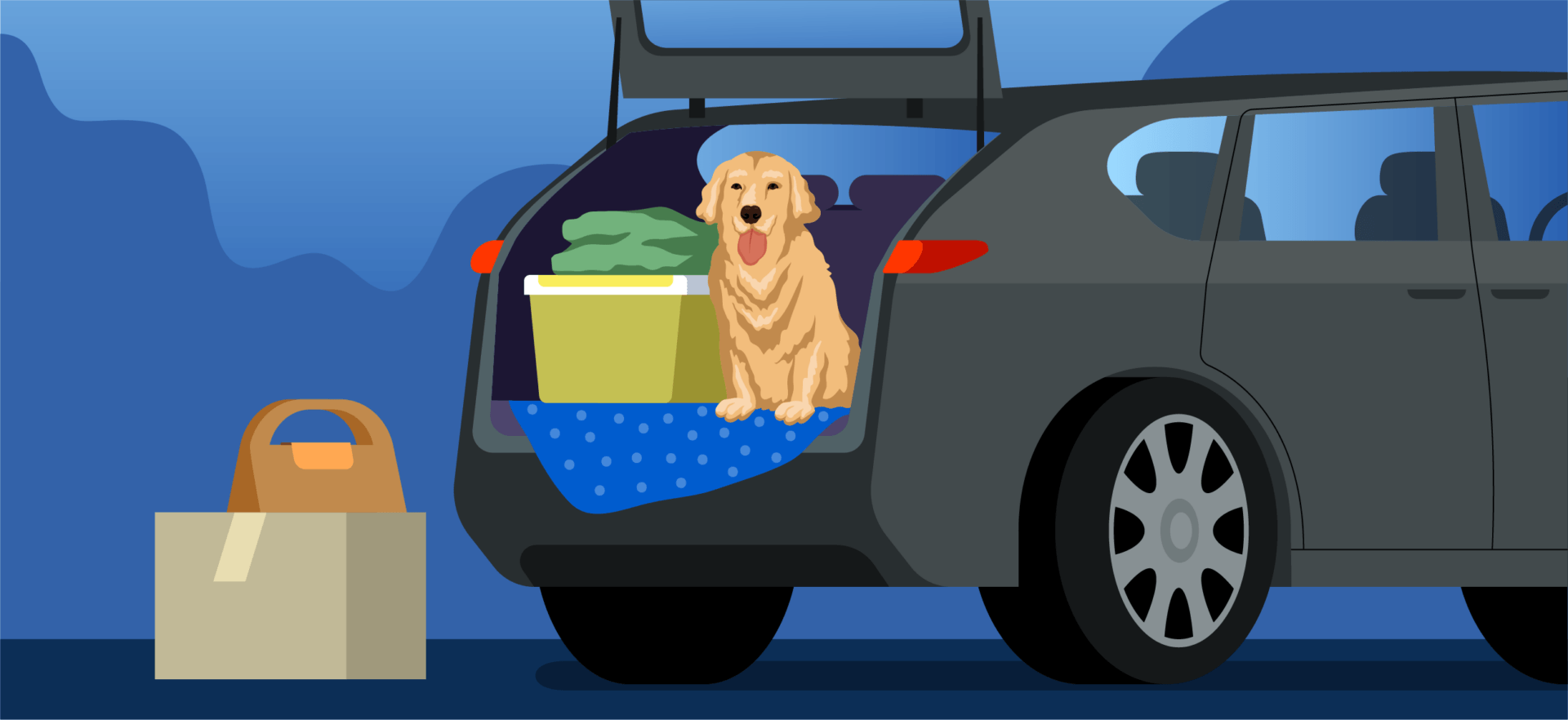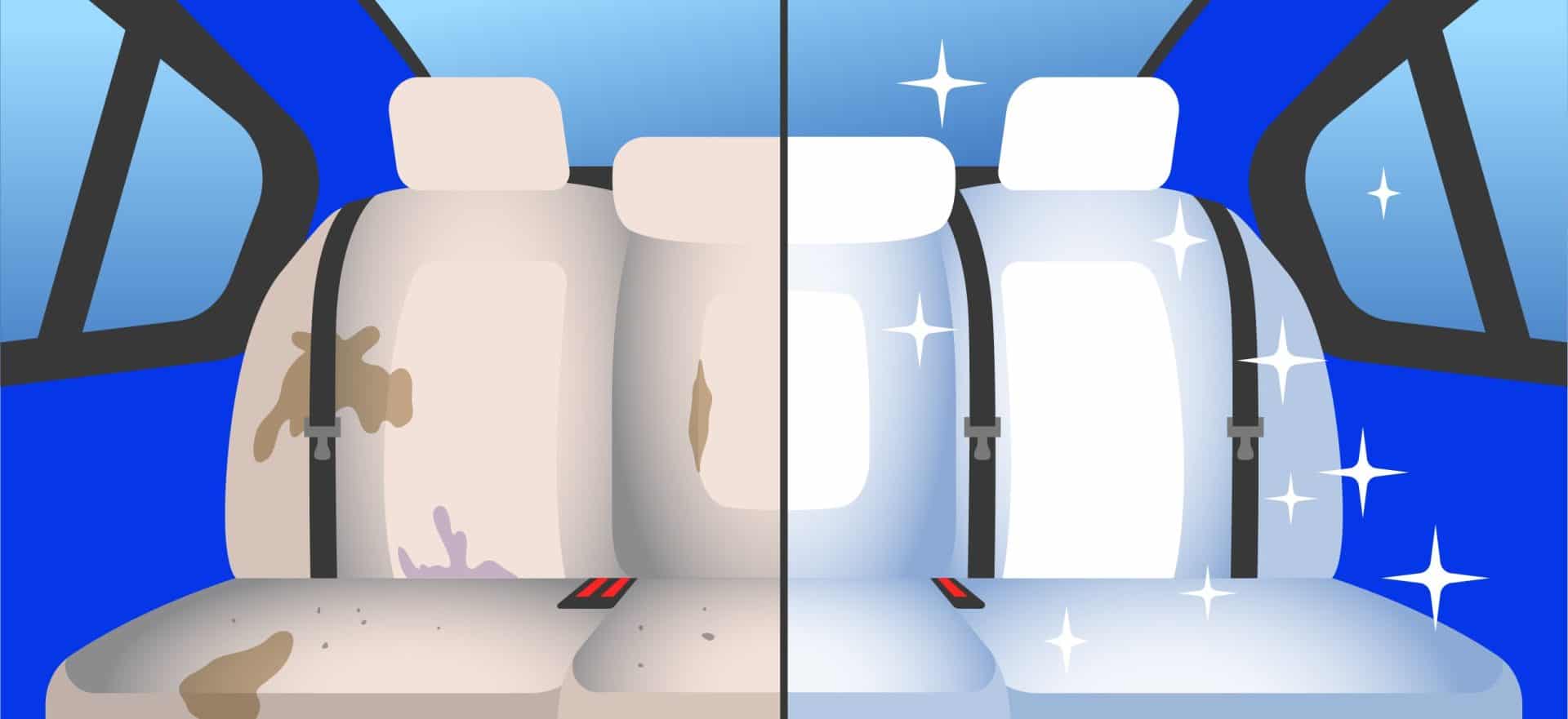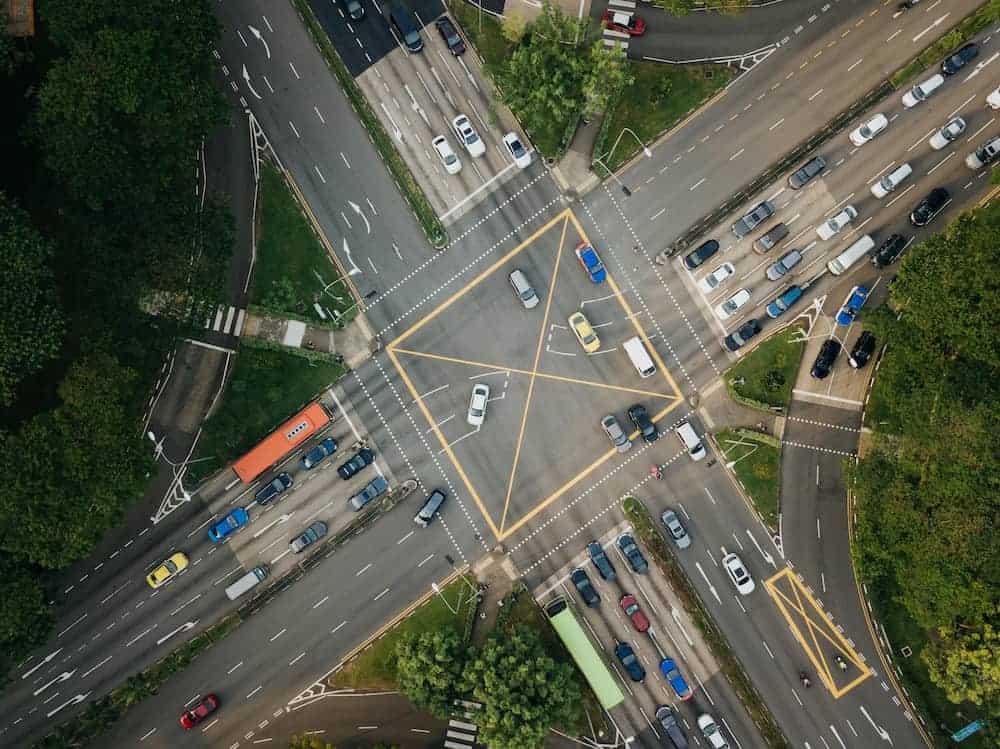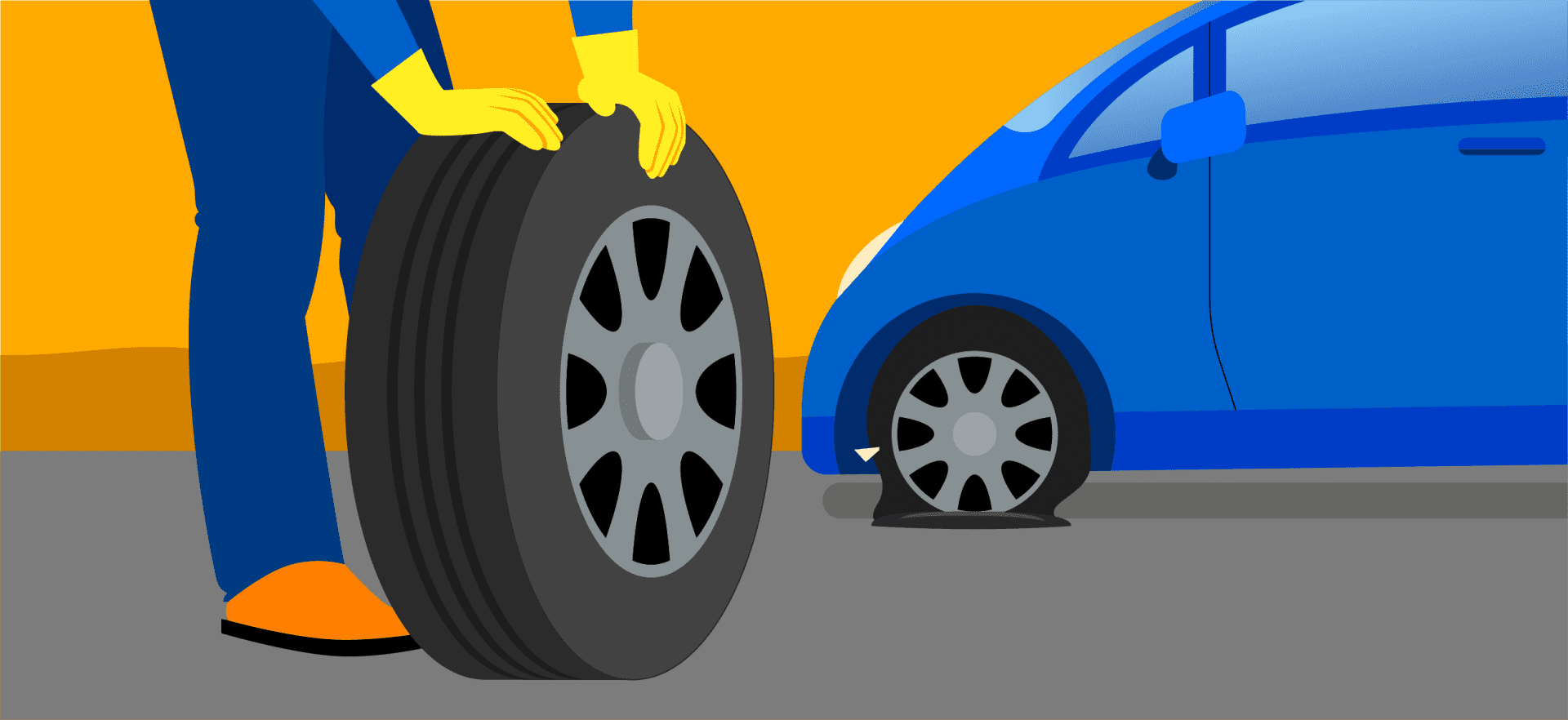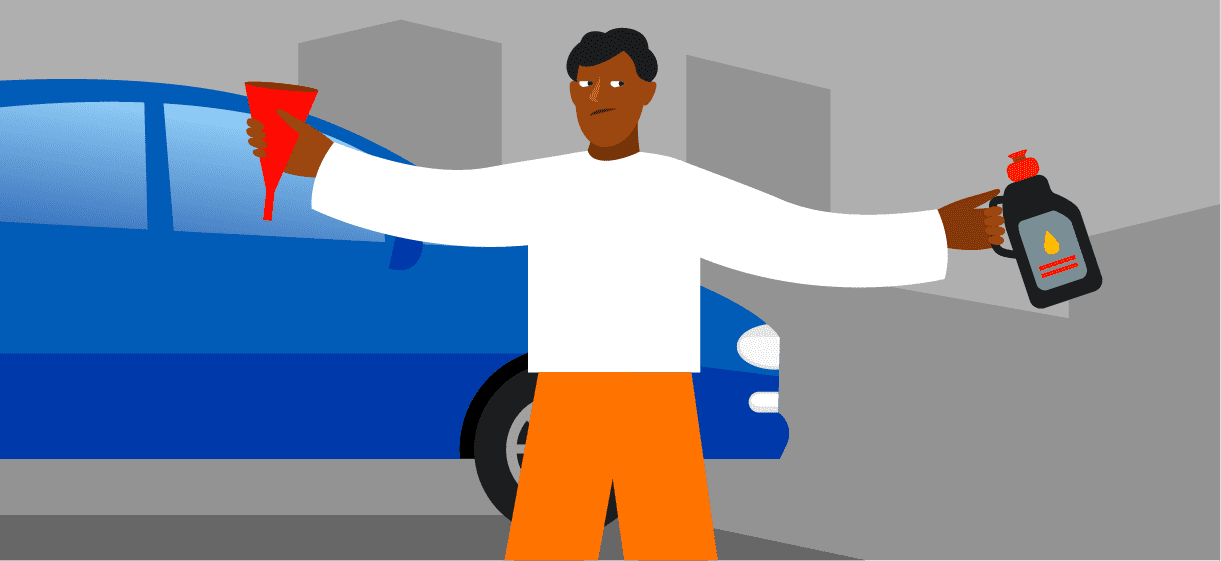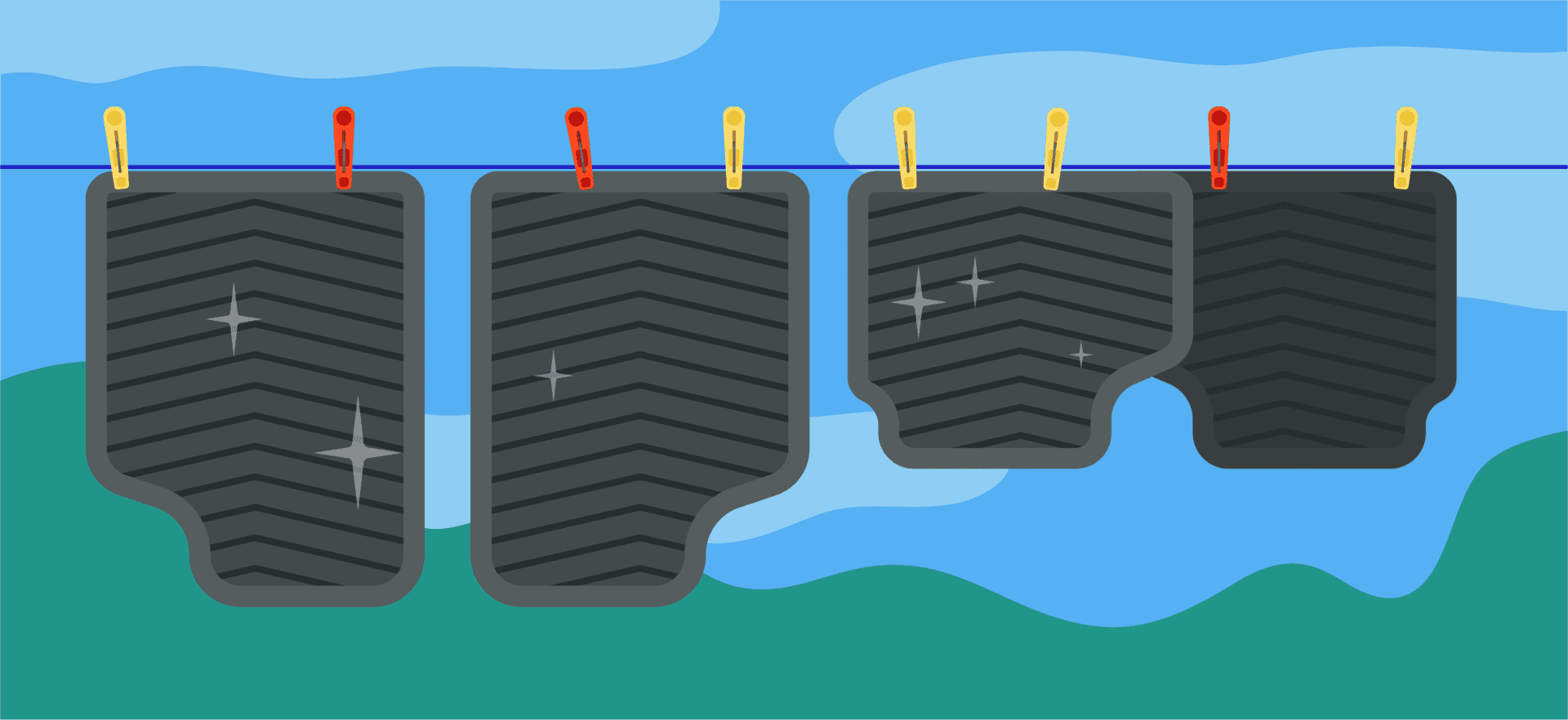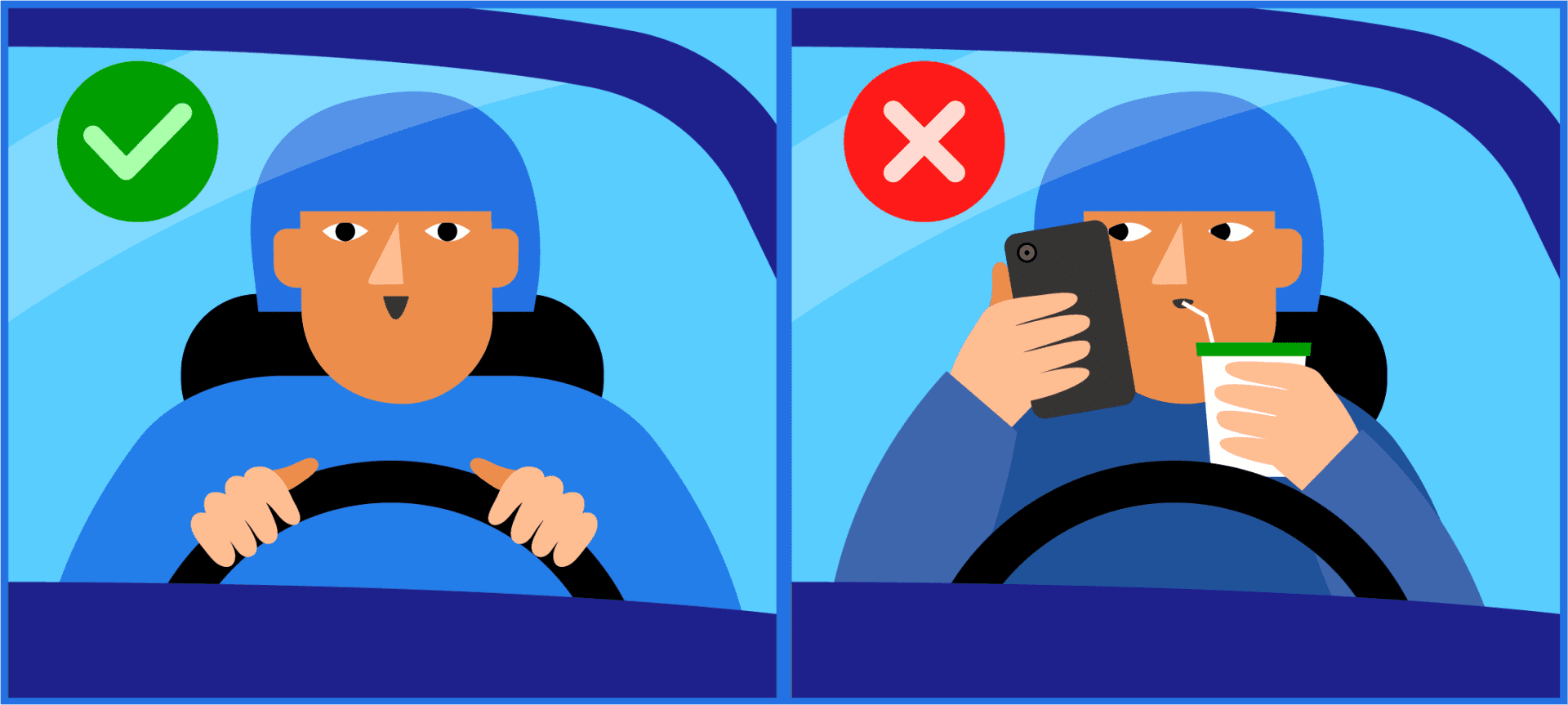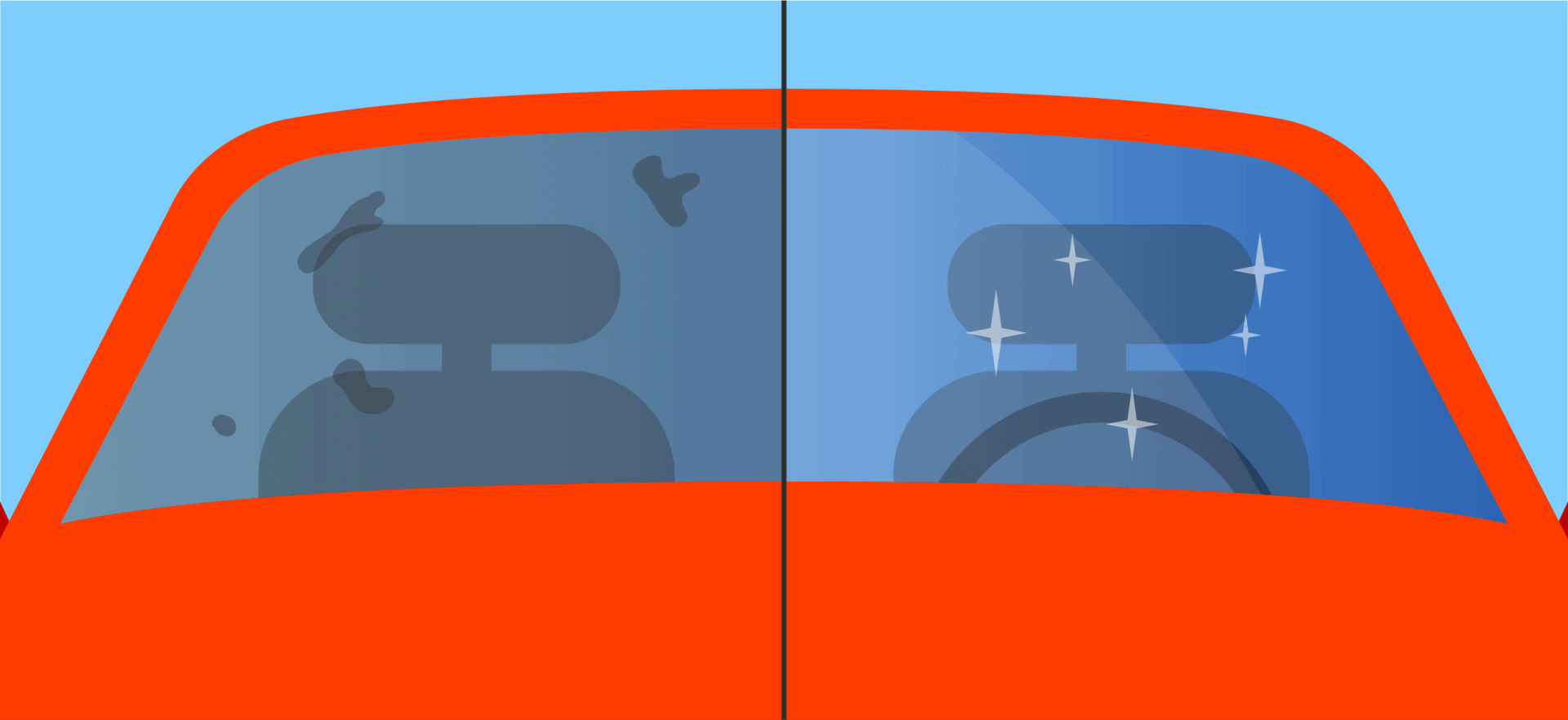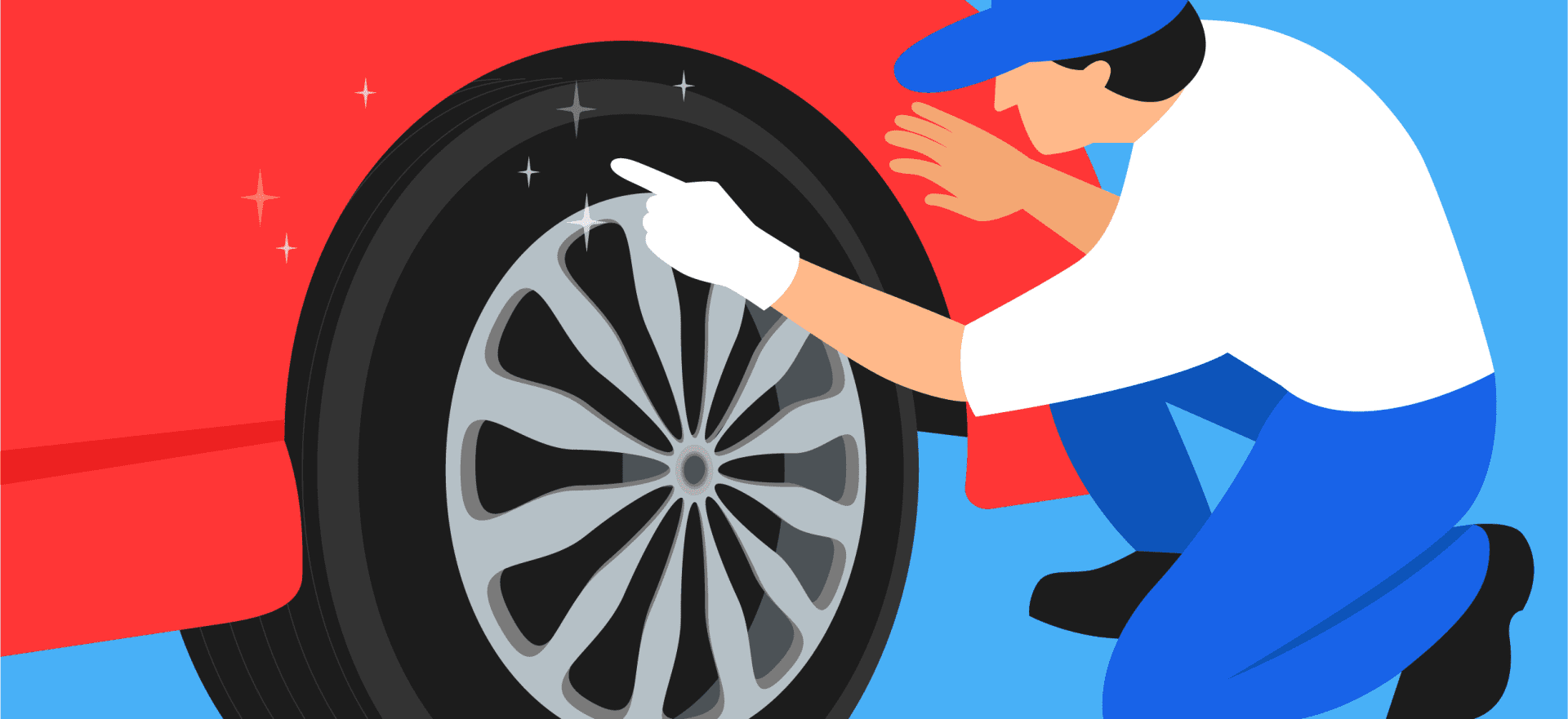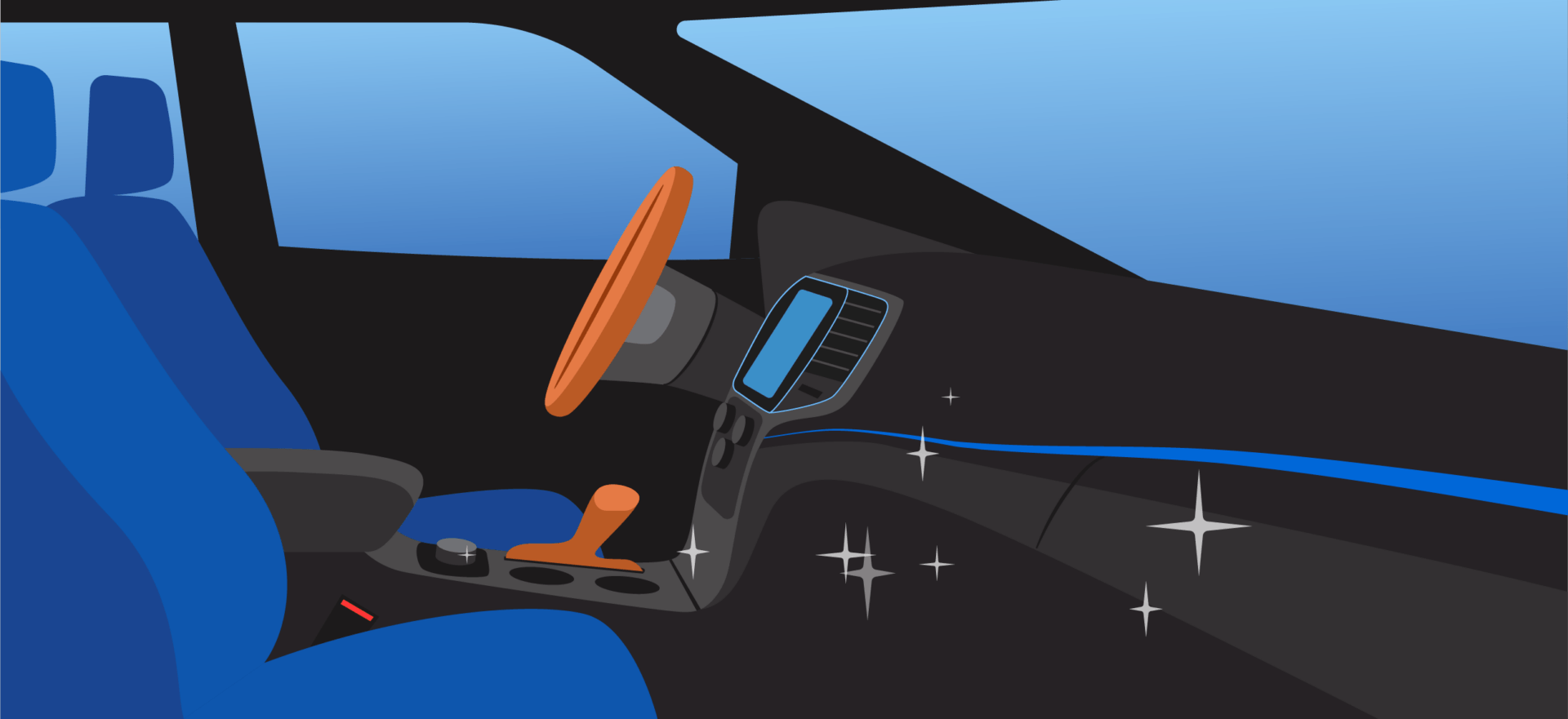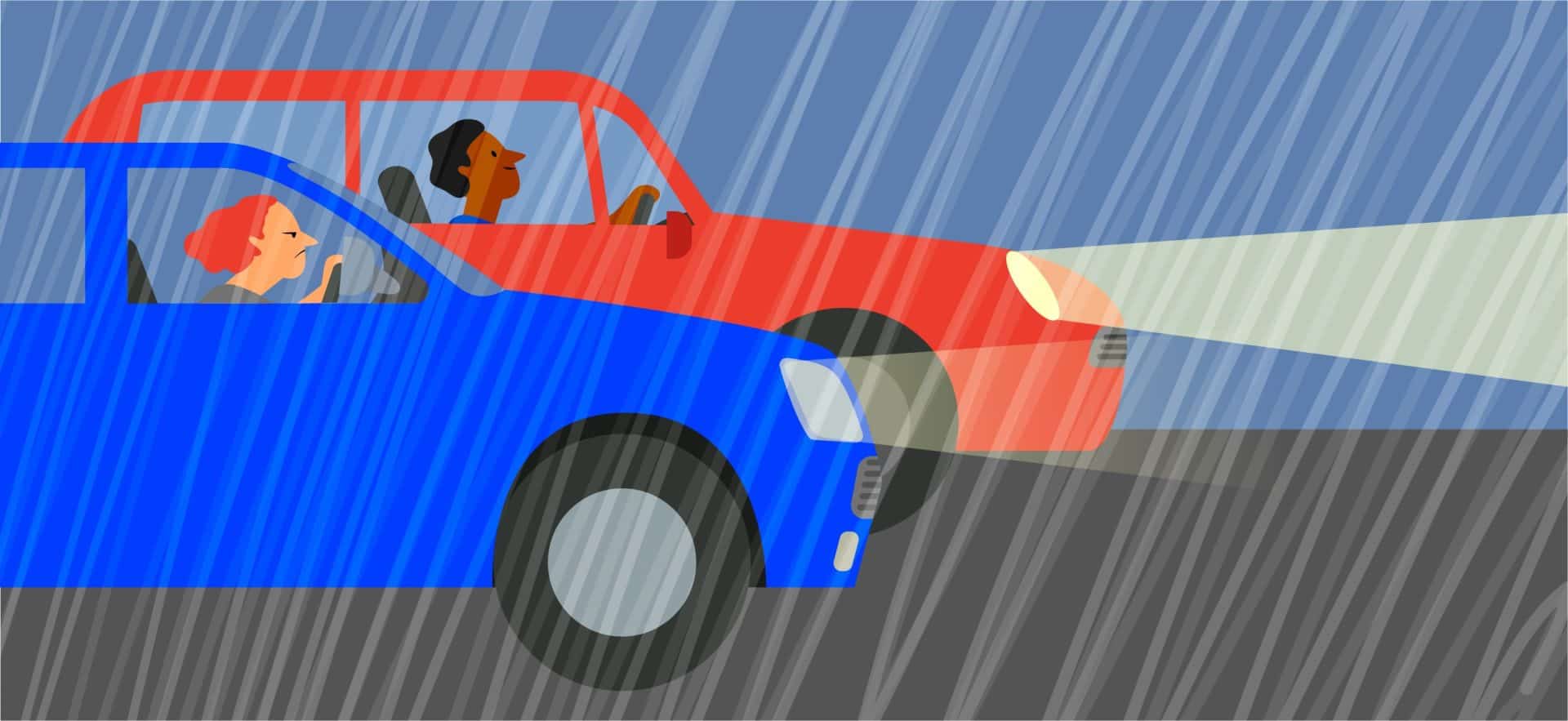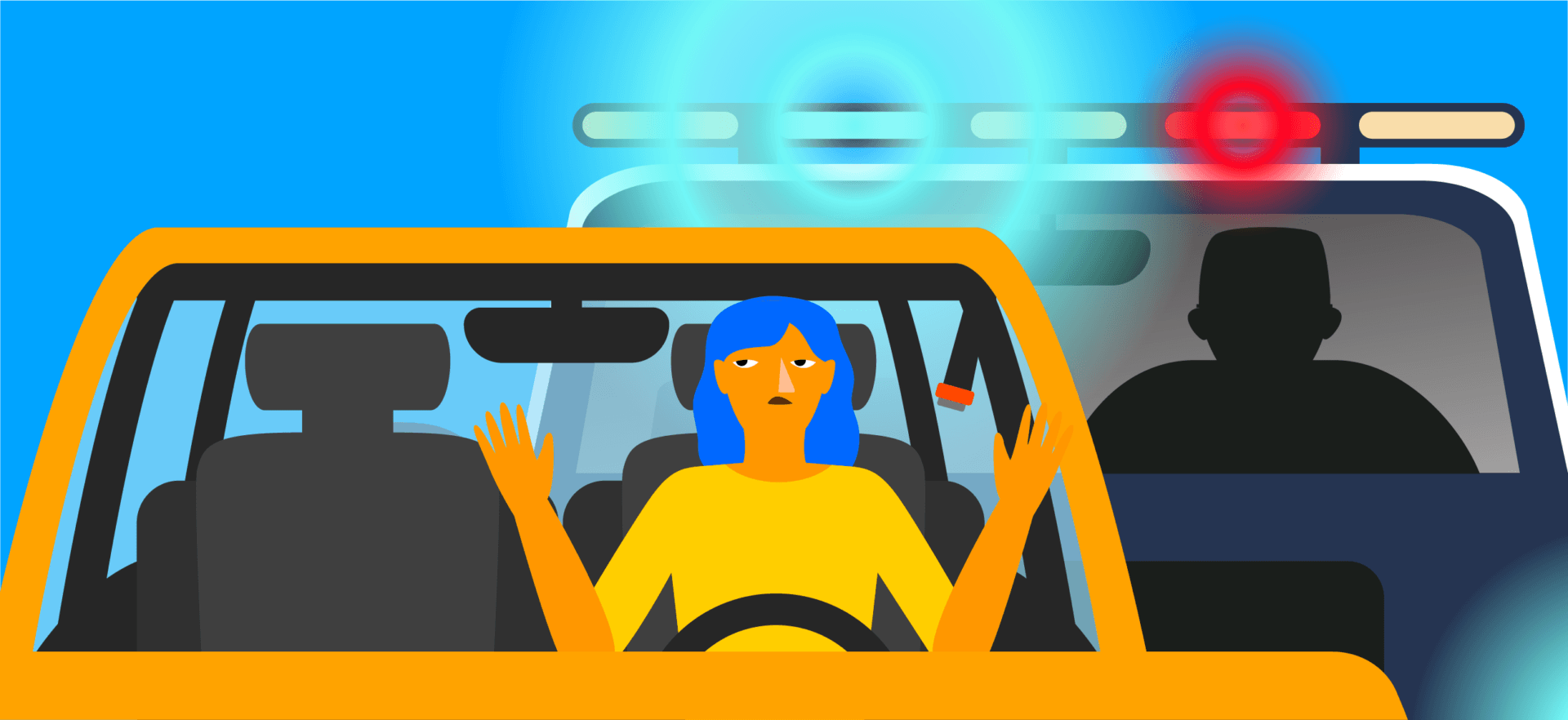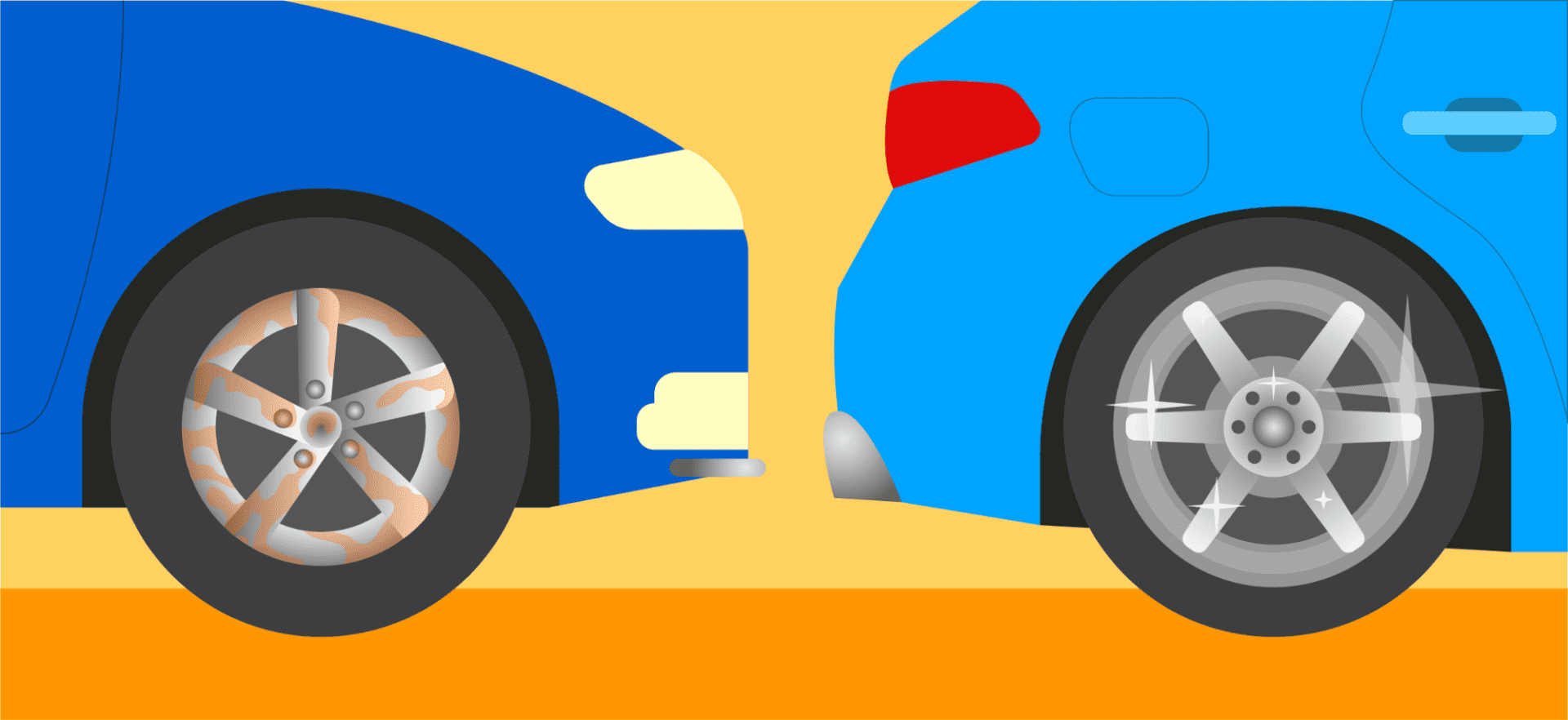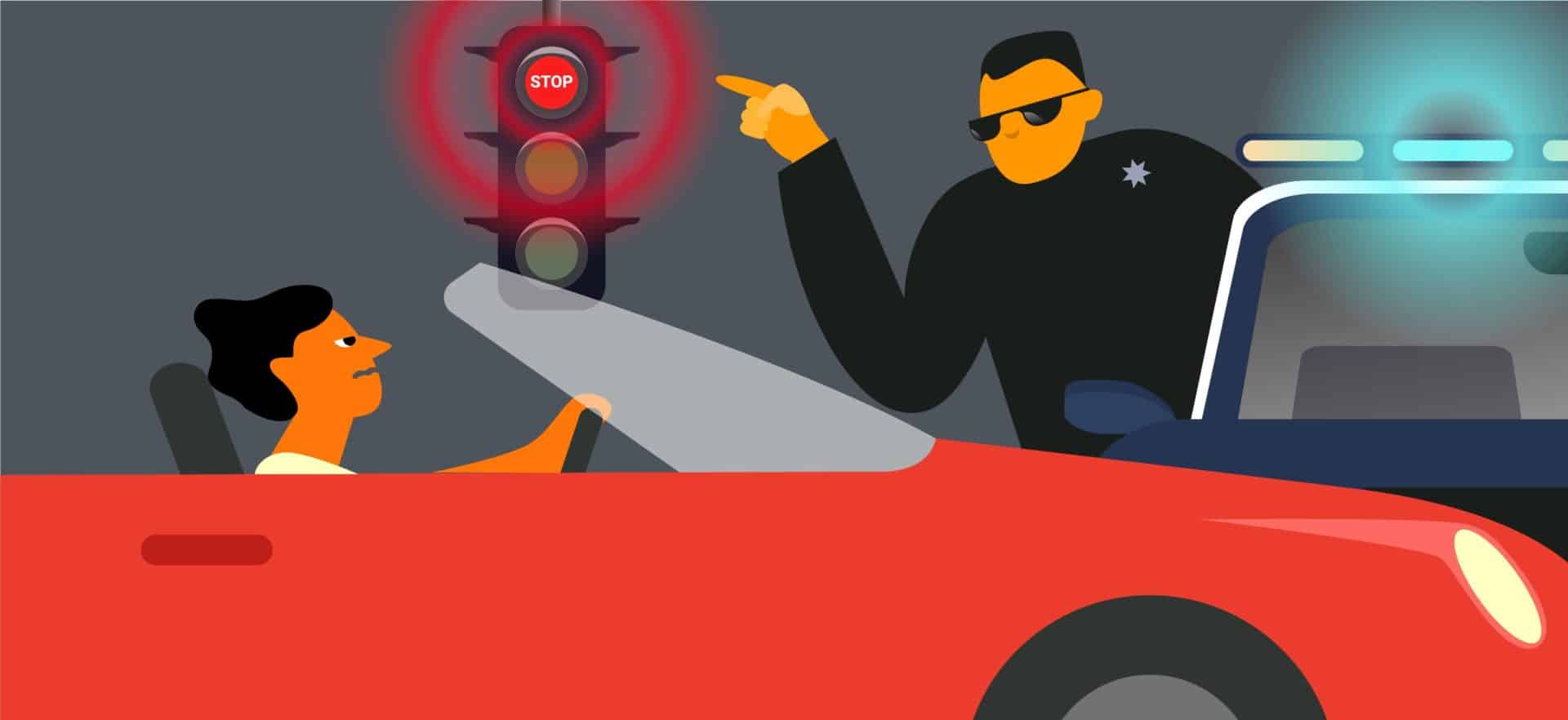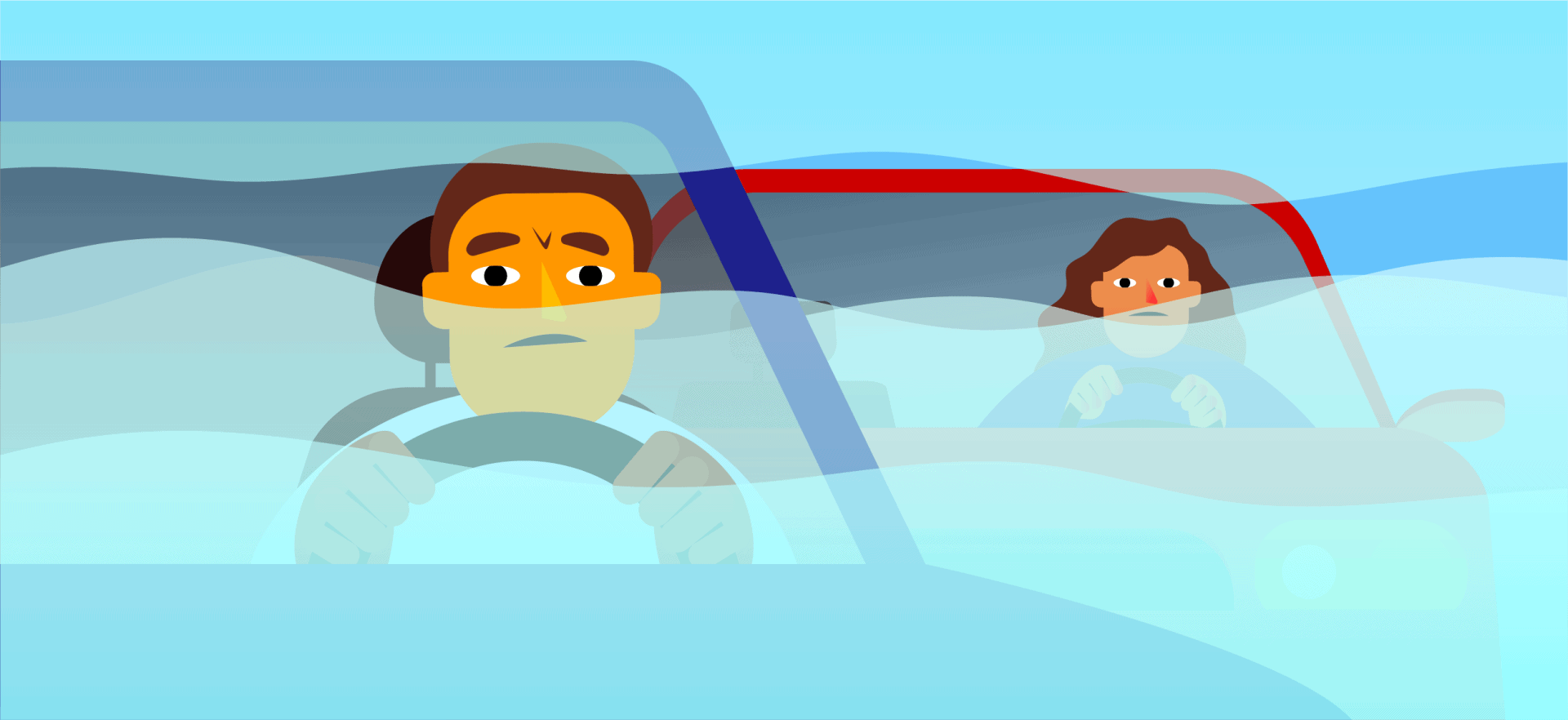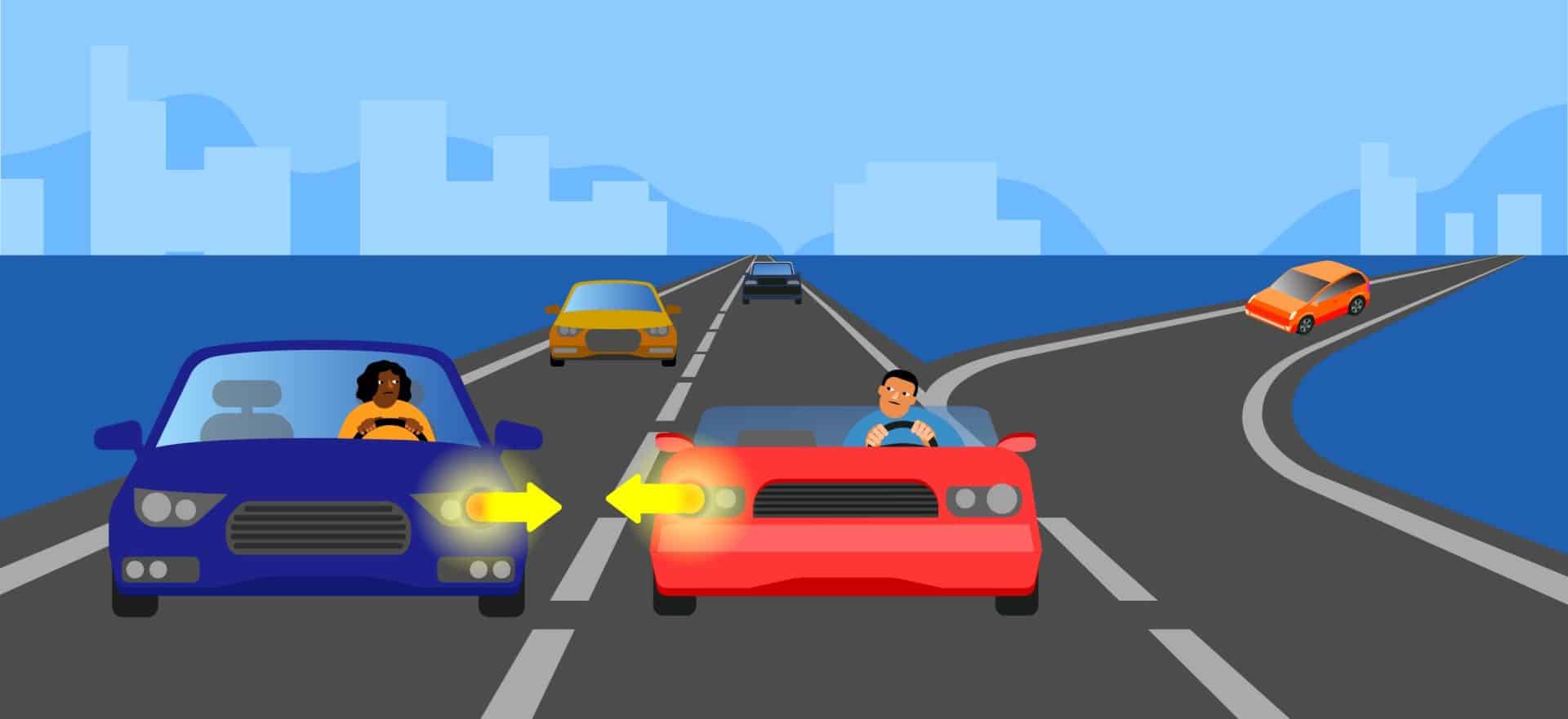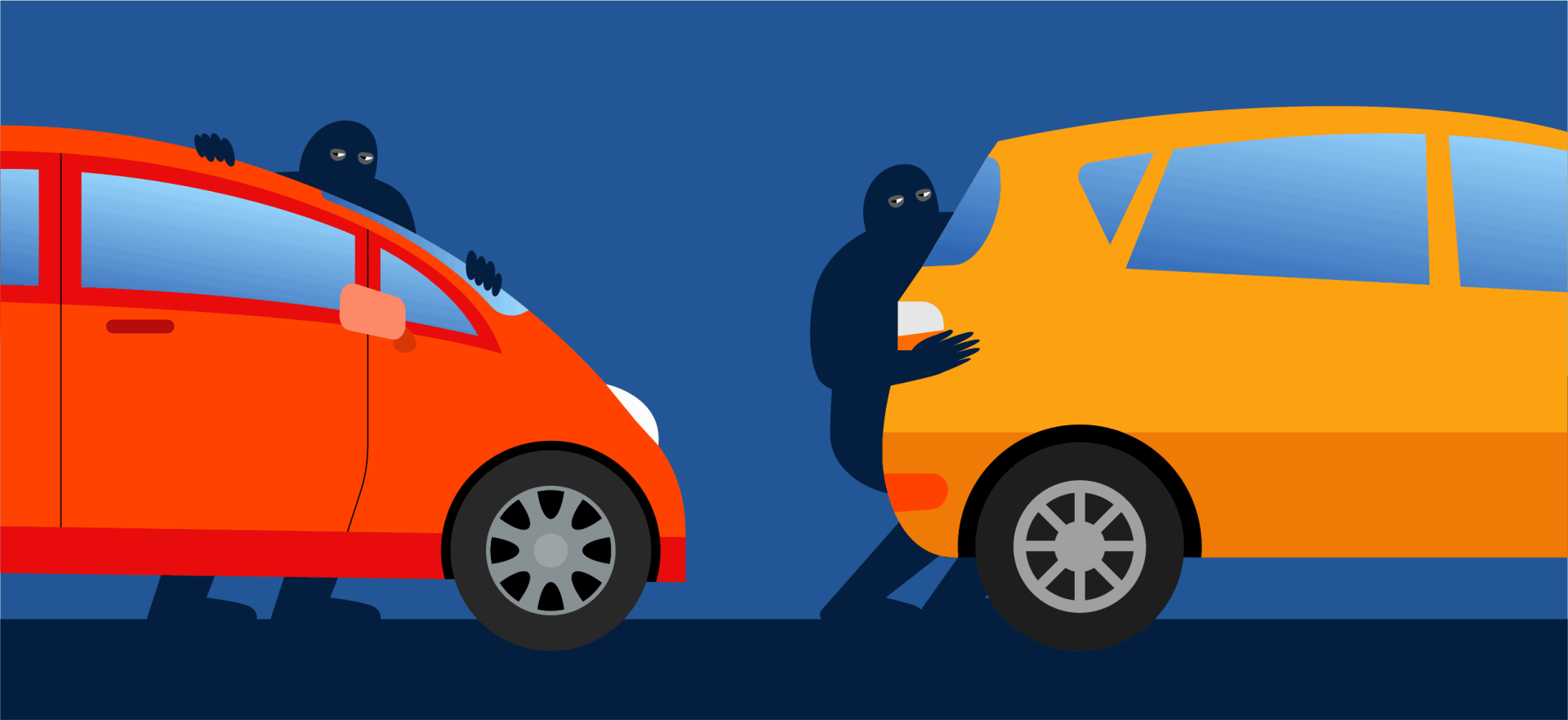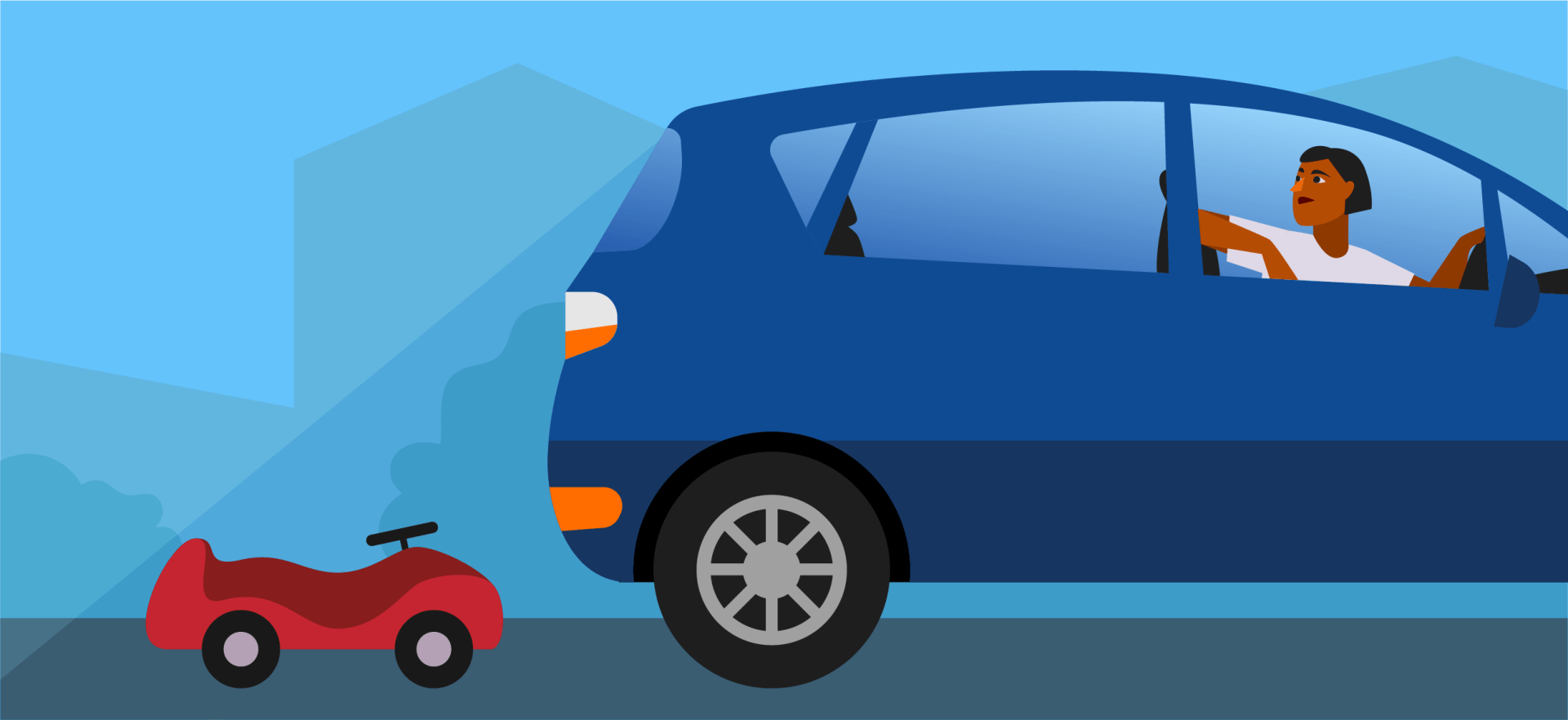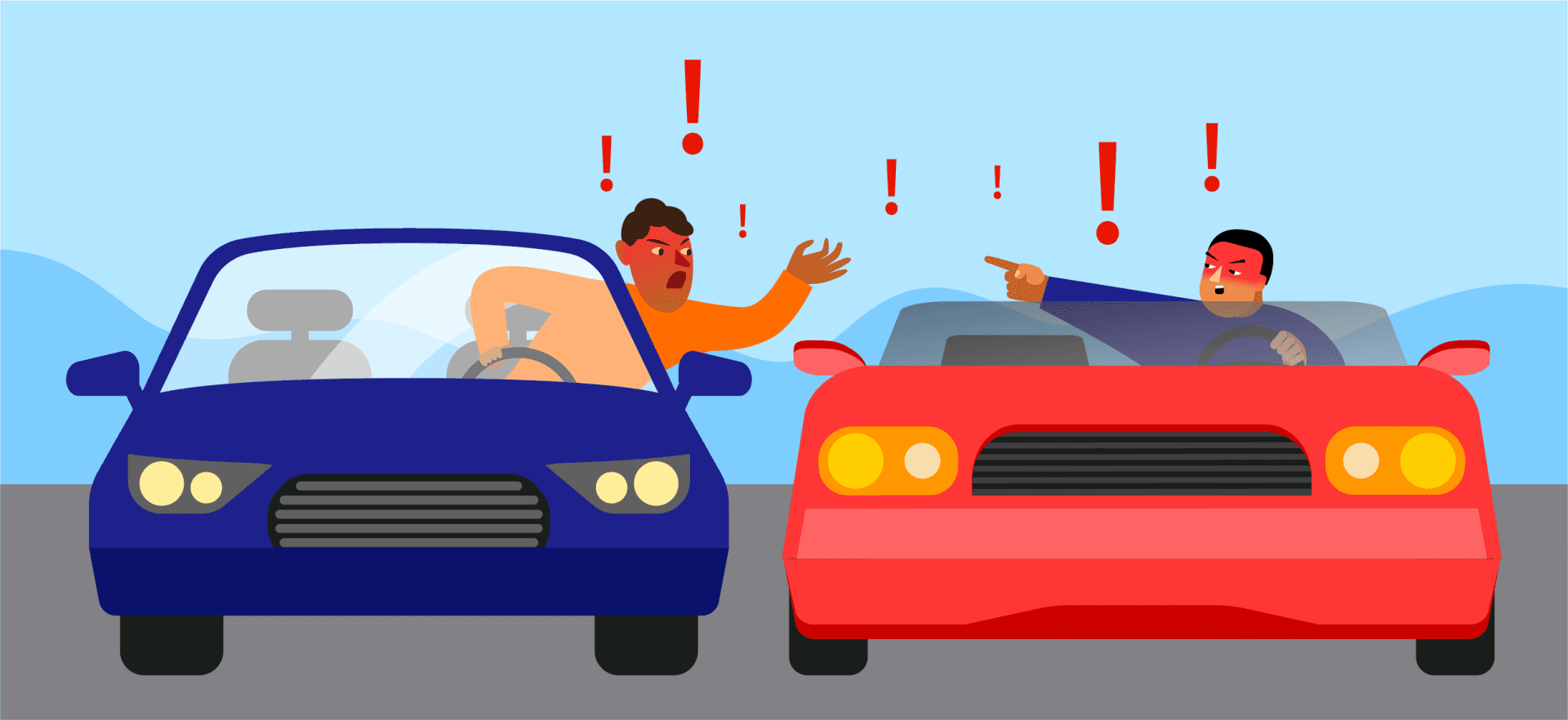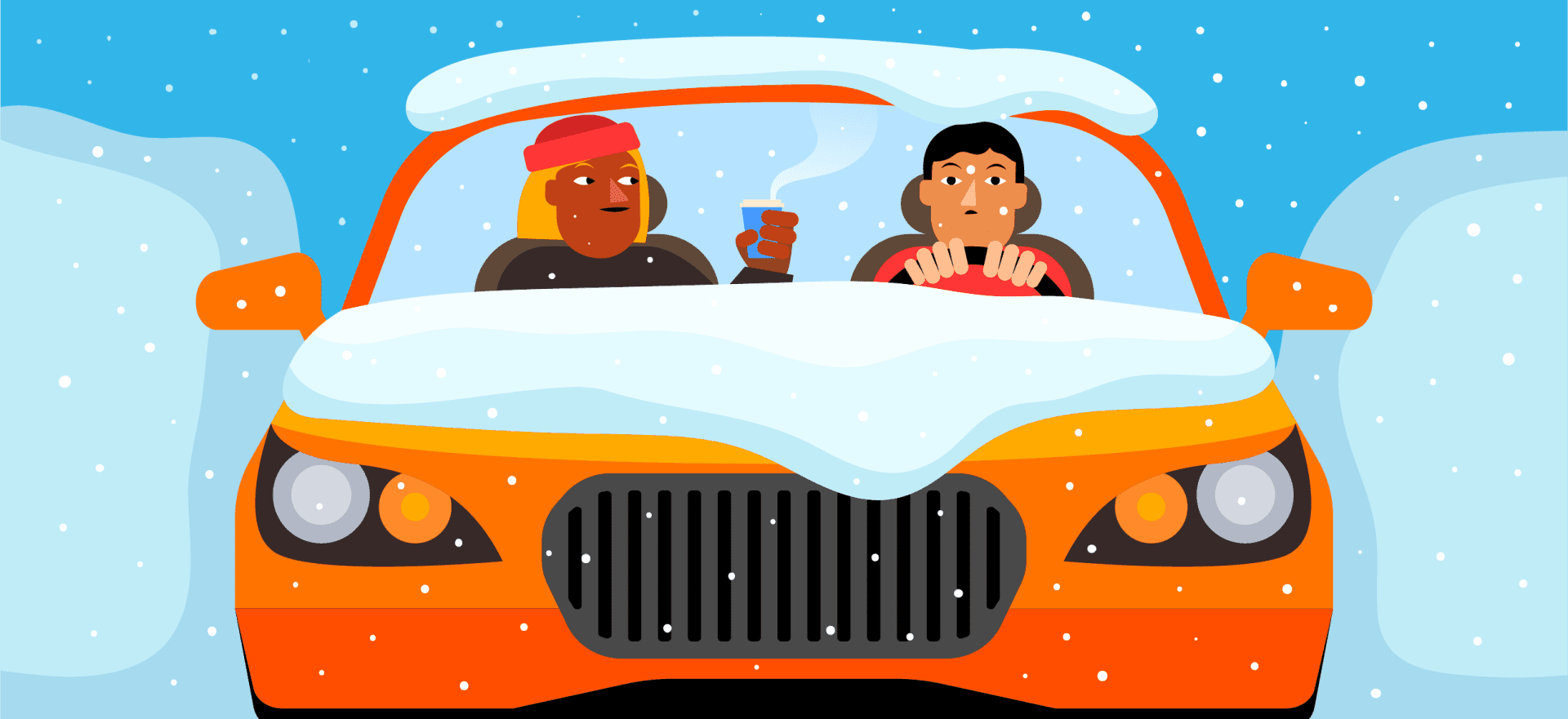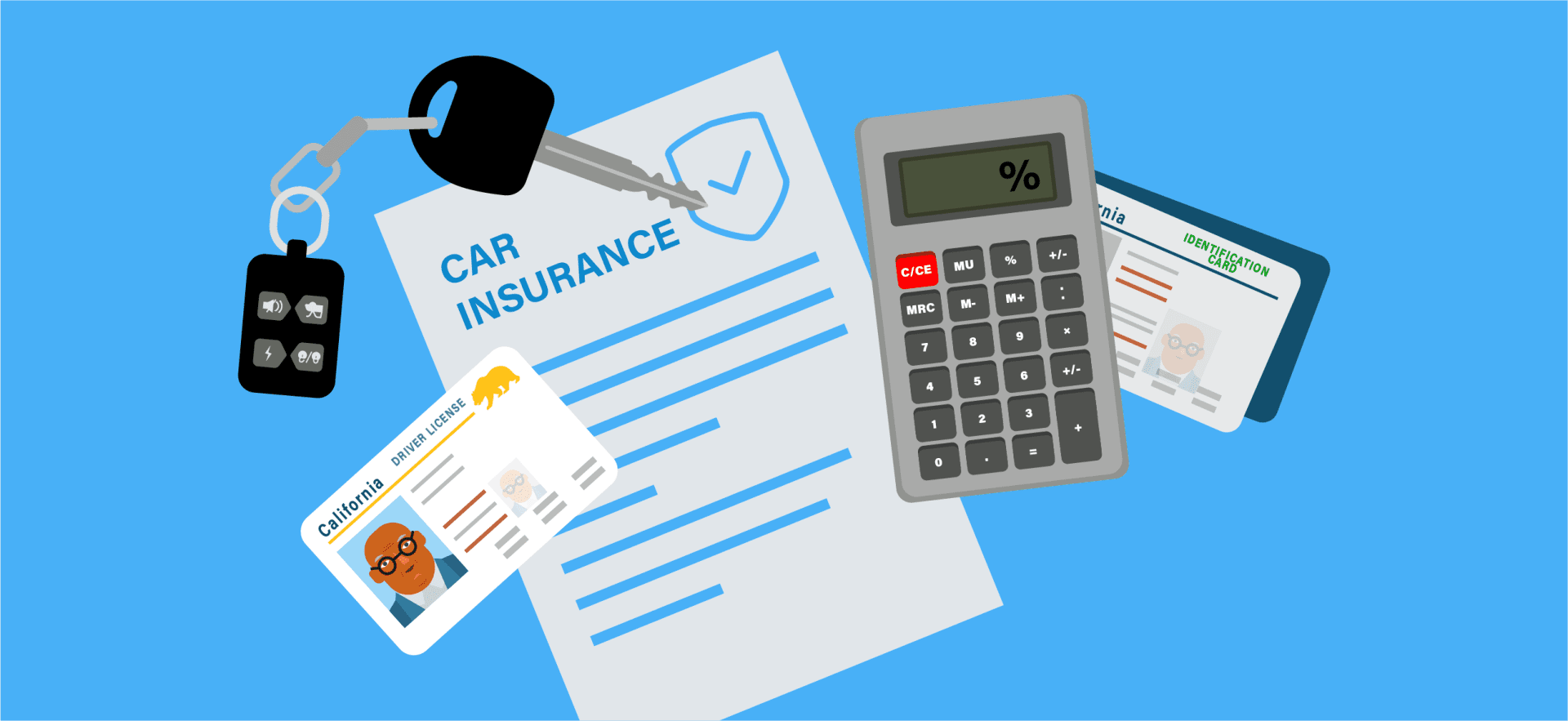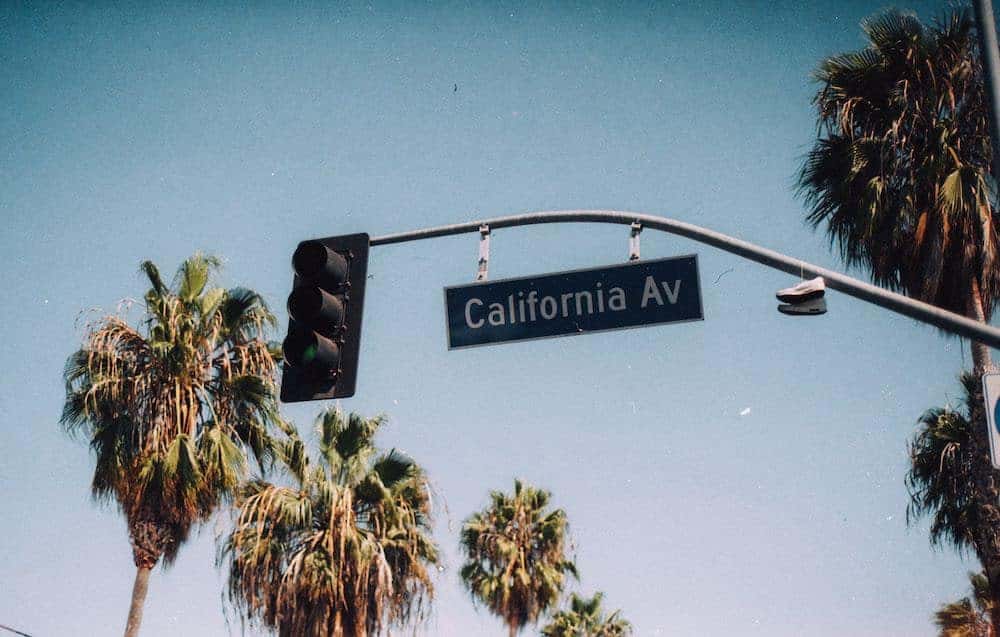If you’re a licensed driver in California, you’ve likely heard of the Driver’s License Compact, or DLC. This important legislation plays a crucial role in promoting highway safety across the U.S. by ensuring cooperation among states in keeping unsafe drivers off the roads.
But what does the Driver’s License Compact actually mean? How does it work, and how has it evolved over time? And most importantly, how does it impact drivers in California?
We have all the details below — read on to learn all you need to know about the driver’s license compact.
Traffic school can help you keep a clean driving record, prevent insurance increases, and more!
What Is the Driver’s License Compact?
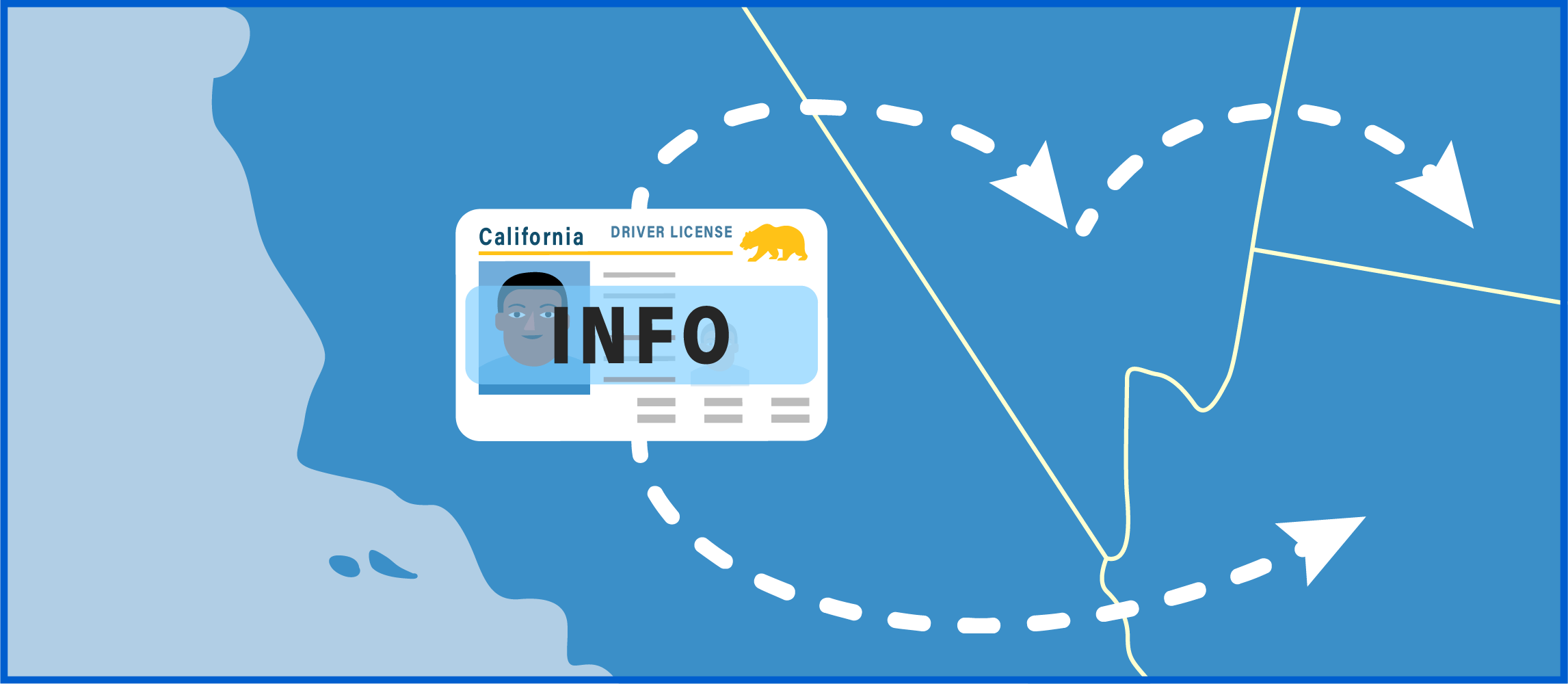
The Driver’s License Compact (DLC) is an agreement between 46 US states and the District of Columbia that aims to promote highway safety and ensure cooperation among states in the issuance of driver’s licenses. The member states in the Compact agree to share driver’s license information across their borders, making it easier to track drivers with multiple licenses or driving offenses across state lines.
One of the key benefits of the DLC is that it helps to identify drivers with a history of dangerous or reckless driving across state lines. This information sharing can be especially important in cases where a driver has had their license suspended or revoked in one state but then moves to another state and attempts to obtain a new license.
According to the National Highway Traffic Safety Administration (NHTSA), the DLC has had a significant impact on improving road safety. For example, NHTSA reports that the compact has helped to reduce the number of fatal accidents involving drivers with suspended or revoked licenses by 38% between 1990 and 2007.
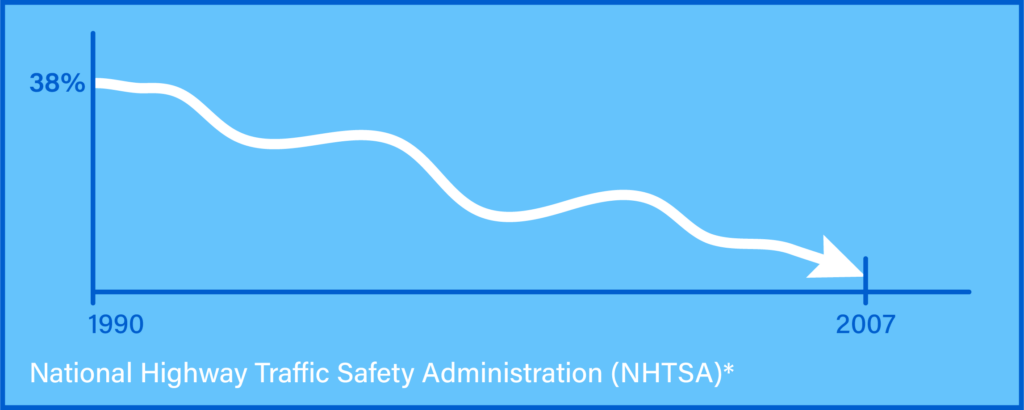
Despite these successes, the DLC has faced some challenges over the years. Some states have withdrawn from the compact due to concerns about privacy and state sovereignty, while others have criticized the compact for being too restrictive and inflexible.
Still, the Driver’s License Compact plays a crucial role in promoting highway safety. By facilitating the sharing of driver-related information among member states, the compact helps to identify drivers with a history of dangerous or reckless driving and prevent them from endangering drivers in other states.
History of the Driver’s License Compact
The DLC was created in 1960, with the goal of improving safety on the nation’s highways by ensuring that drivers who have lost their license in one state cannot simply move to another state and obtain a new one. The compact requires member states to report convictions, license suspensions, and other driver-related information to the driver’s home state, which can then take appropriate action.
Initially, only a handful of states joined the DLC, but over time, more and more states recognized the benefits of the compact and joined. By the early 1990s, nearly every state in the U.S. was a member of the DLC.
In 1993, the DLC was updated to include provisions related to the suspension of driver’s licenses for drug offenses.
In 2000, the compact was amended again to account for the emerging prevalence of electronic driver’s license information systems. The amendment required member states to participate in an electronic information exchange system that would allow for member states to share driver’s license information more easily and efficiently.

In recent years, there has been some debate about the effectiveness of the DLC, with some states questioning whether it is too restrictive or whether it infringes on state sovereignty. As a result, a few states have withdrawn from the compact, and others have expressed reservations about joining.
Despite these challenges, the DLC remains an important tool for promoting highway safety and ensuring cooperation among states in the issuance of driver’s licenses. The compact continues to be updated and revised as needed to address emerging issues and concerns related to driver safety and licensing.
Participating States
| State | Year Joined |
| Alabama | 1966 |
| Alaska | 1986 |
| Arizona | 1963 |
| Arkansas | 1969 |
| California | 1963 |
| Colorado | 1965 |
| Connecticut | 1993 |
| D.C. | 1985 |
| Delaware | 1964 |
| Florida | 1967 |
| Hawaii | 1971 |
| Idaho | 1963 |
| Illinois | 1970 |
| Indiana | 1967 |
| Iowa | 1965 |
| Kansas | 1965 |
| Kentucky | 1996 |
| Louisiana | 1968 |
| Maine | 1993 |
| Maryland | 1987 |
| Massachusetts | 1988 |
| Minnesota | 1989 |
| Mississippi | 1962 |
| Missouri | 1985 |
| Montana | 1963 |
| Nebraska | 1963 |
| Nevada | 1961 |
| New Hampshire | 1986 |
| New Jersey | 1967 |
| New Mexico | 1963 |
| New York | 1965 |
| North Carolina | 1993 |
| North Dakota | 1986 |
| Ohio | 1987 |
| Oklahoma | 1967 |
| Oregon | 1983 |
| Pennsylvania | 1996 |
| Rhode Island | 1987 |
| South Carolina | 1987 |
| South Dakota | 1986 |
| Texas | 1993 |
| Utah | 1965 |
| Vermont | 1987 |
| Virginia | 1968 |
| Washington | 1963 |
| West Virginia | 1972 |
| Wyoming | 1987 |
Non-Participating States and Territories
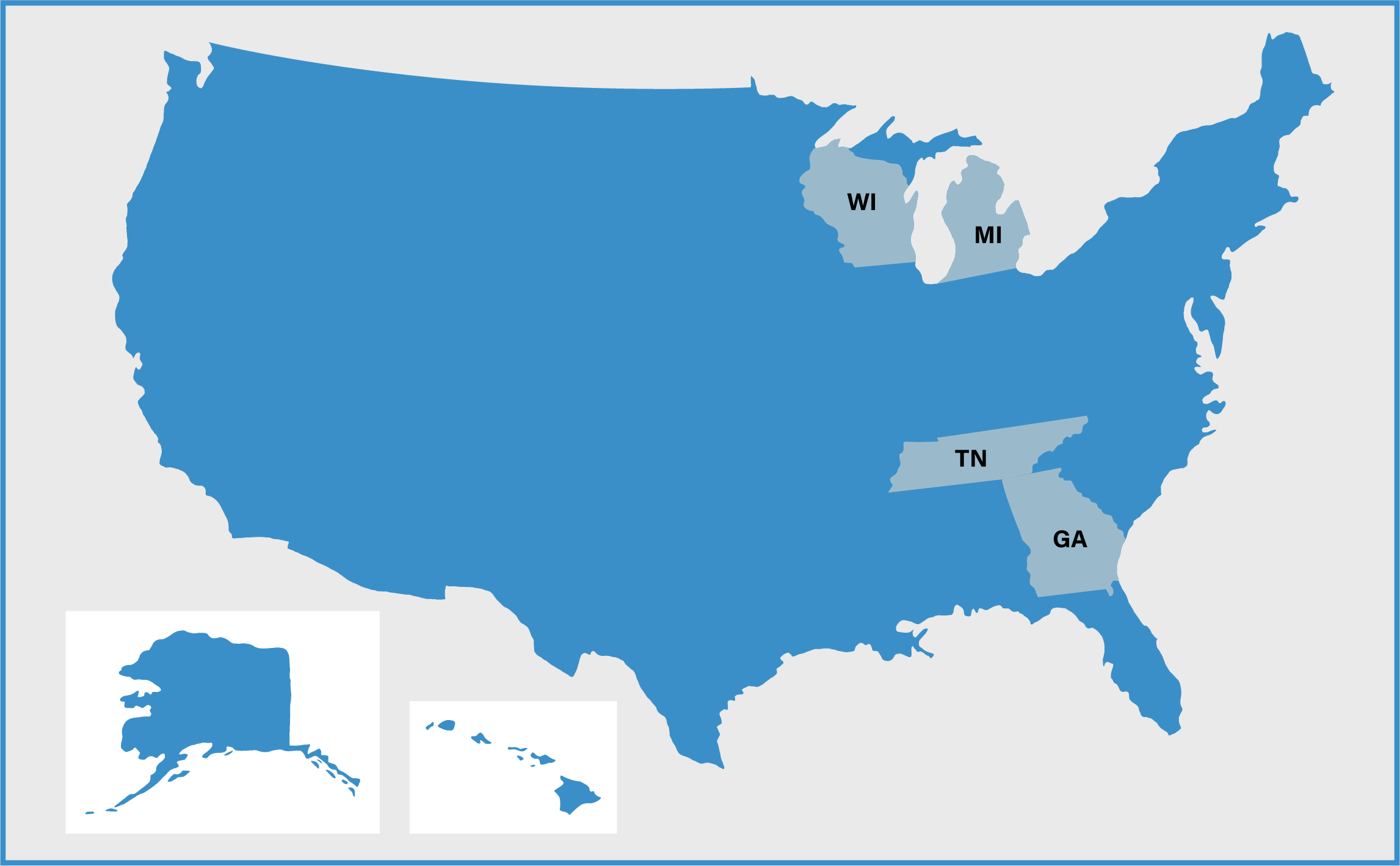
A handful of states have never joined the Driver’s License Compact:
- Georgia
- Michigan
- Tennessee
- Wisconsin
International Agreements
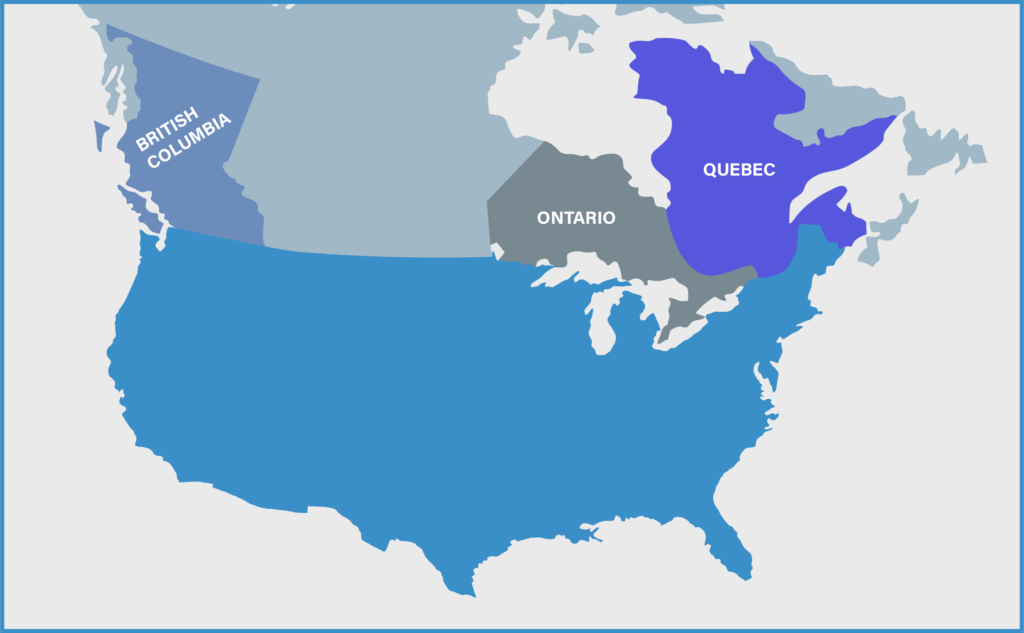
A few states have agreements with Canadian provinces to share driver’s license information, similar to the Driver’s License Compact.
- Ontario exchanges information with New York and Michigan.
- Quebec exchanges information with New York, Maine, and Florida.
- British Columbia exchanges information with the majority of U.S. states and requires residents from the U.S. to provide at least two years of driving records in order to get a provincial driver’s license without restrictions.
The Driver’s License Compact’s Impact On Drivers
The DLC affects drivers in several ways, primarily through the sharing of traffic violation information among member states. When a driver commits a traffic violation in a member state, the violation is reported to the driver’s home state, which can then take appropriate action, such as issuing points on the driver’s license or suspending their license.
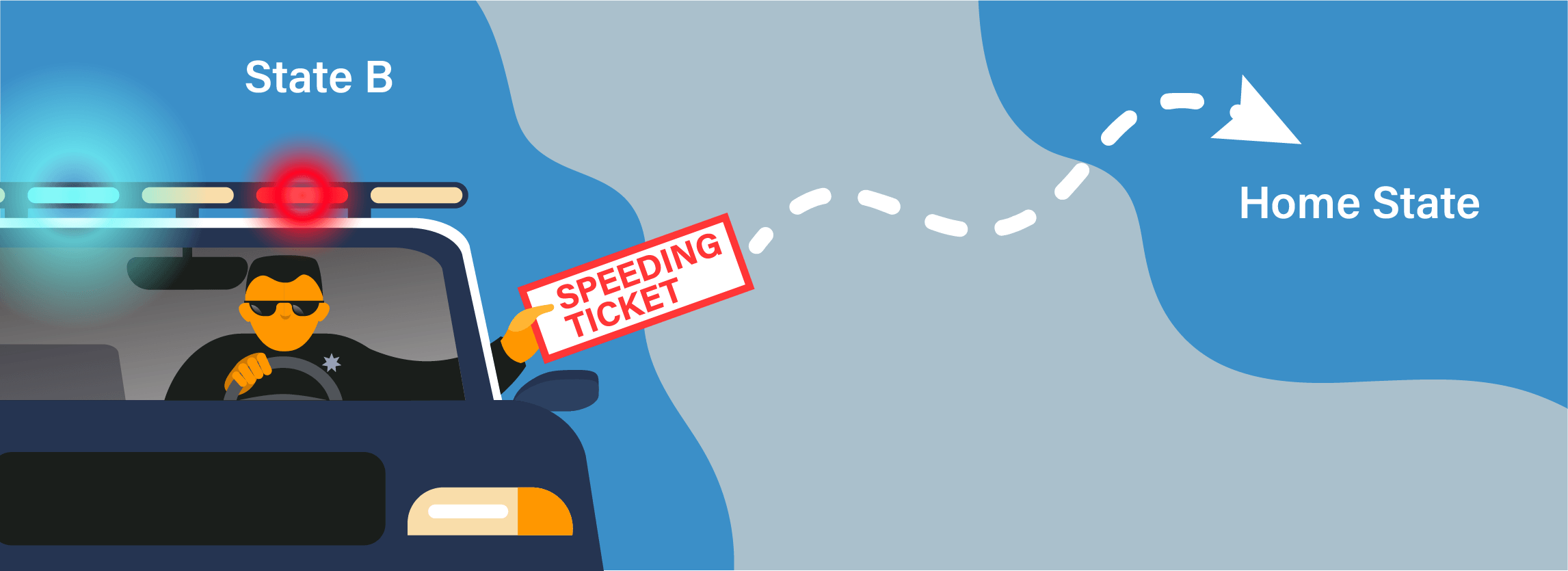
The sharing of this information helps ensure that drivers are held accountable for their actions across state lines. For example, if a California driver is caught speeding in another participating state, they can have points added to their license under California’s Negligent Operator Treatment System (NOTS).
The DLC also affects drivers who have their license suspended or revoked in one state and then attempt to obtain a new license in another state. Under the compact, member states are required to honor license suspensions and revocations issued by other member states. This means that if a driver’s license is suspended in one state, they cannot simply move to another state and obtain a new license. If a driver’s license is suspended or revoked in one state, their home state will be notified, and the driver’s license will be suspended or revoked there as well.
The DLC is an important tool for making sure drivers are held accountable for their actions on the road, regardless of where they occur. By sharing traffic violation information among member states, the compact helps prevent dangerous or reckless drivers from evading punishment across state lines.

